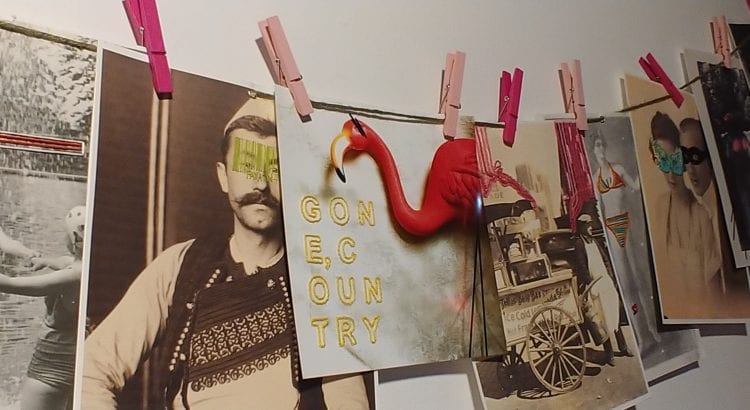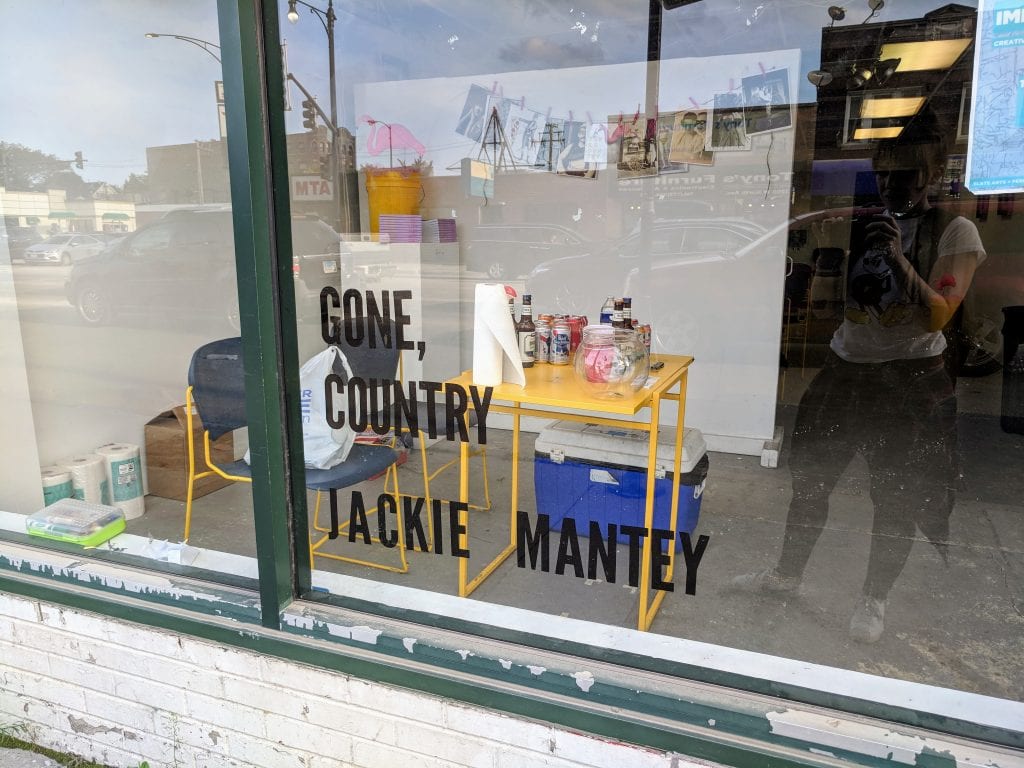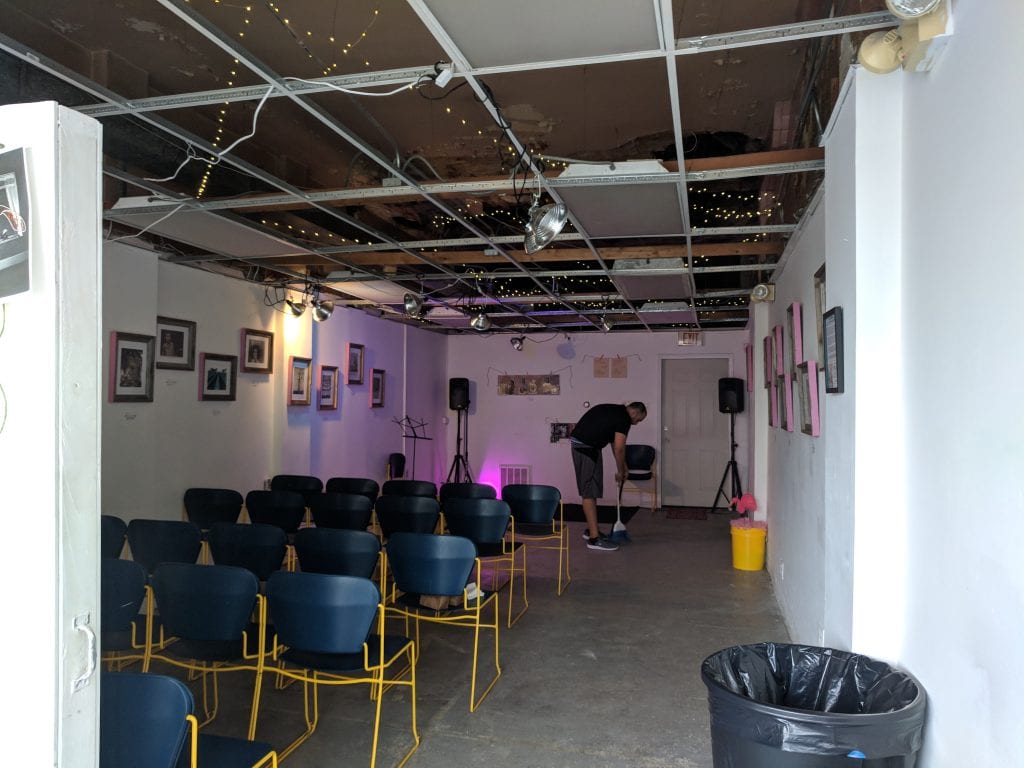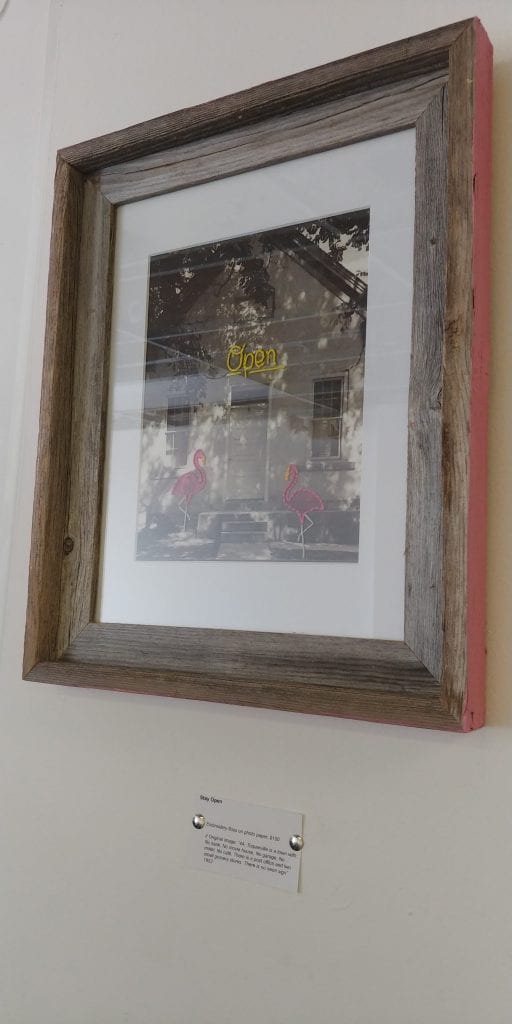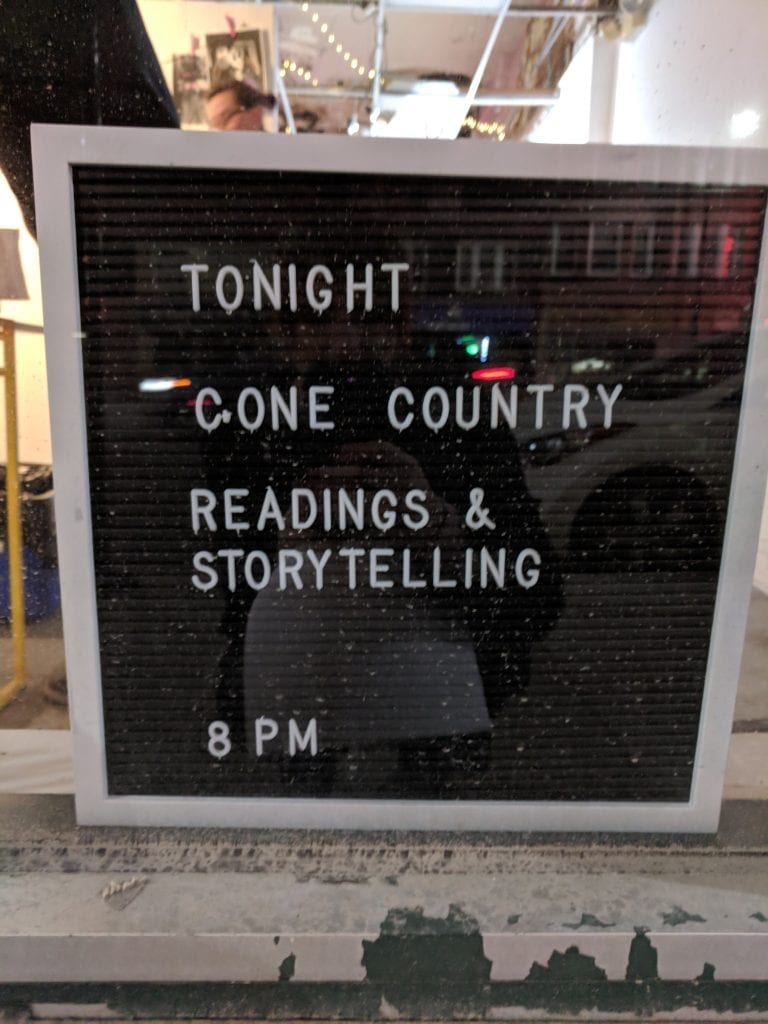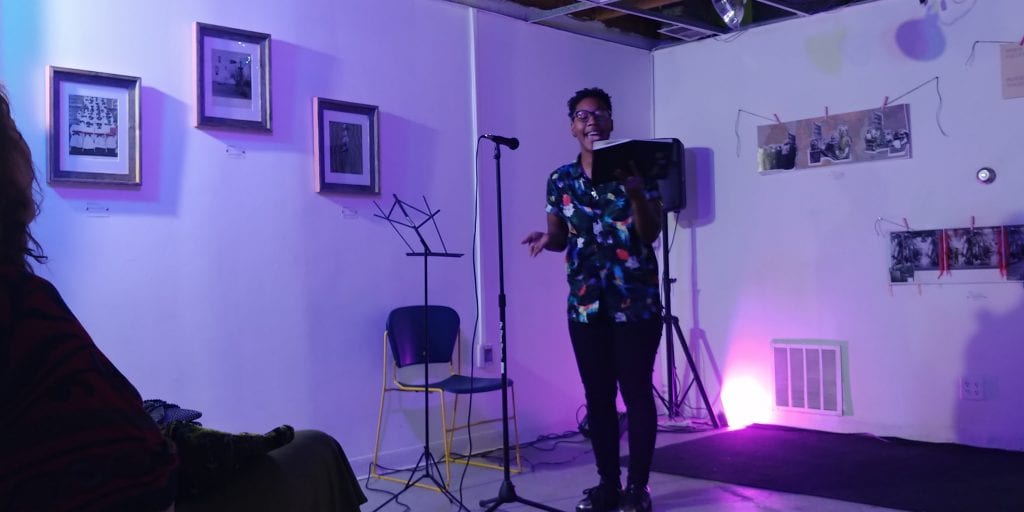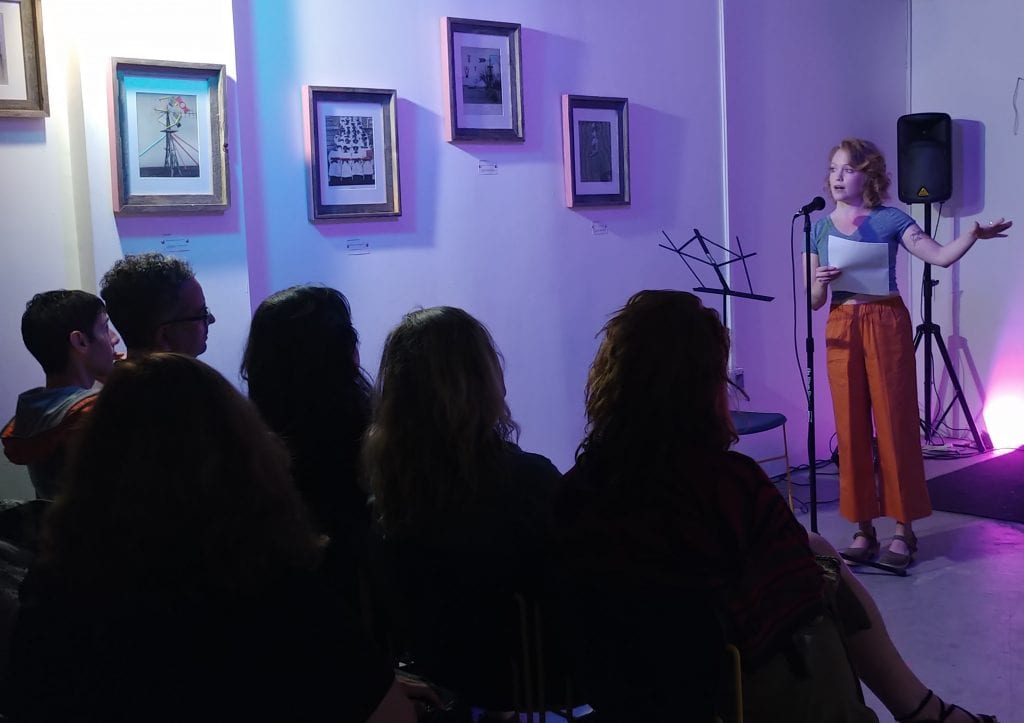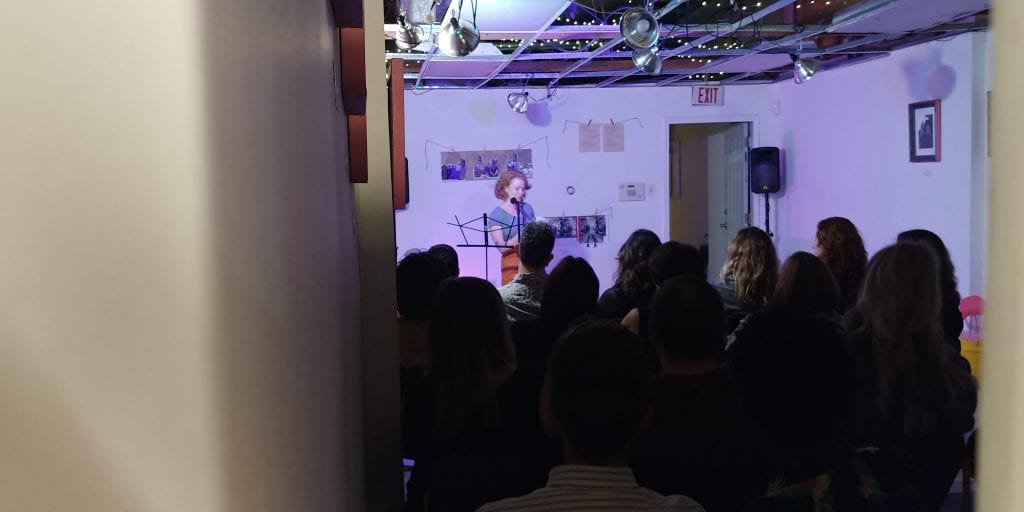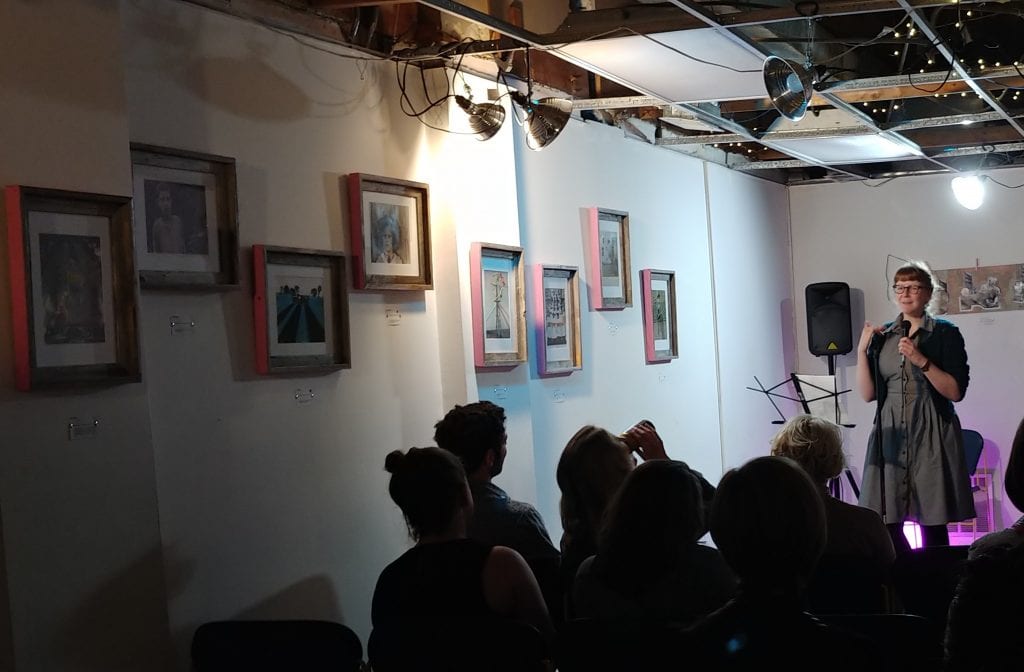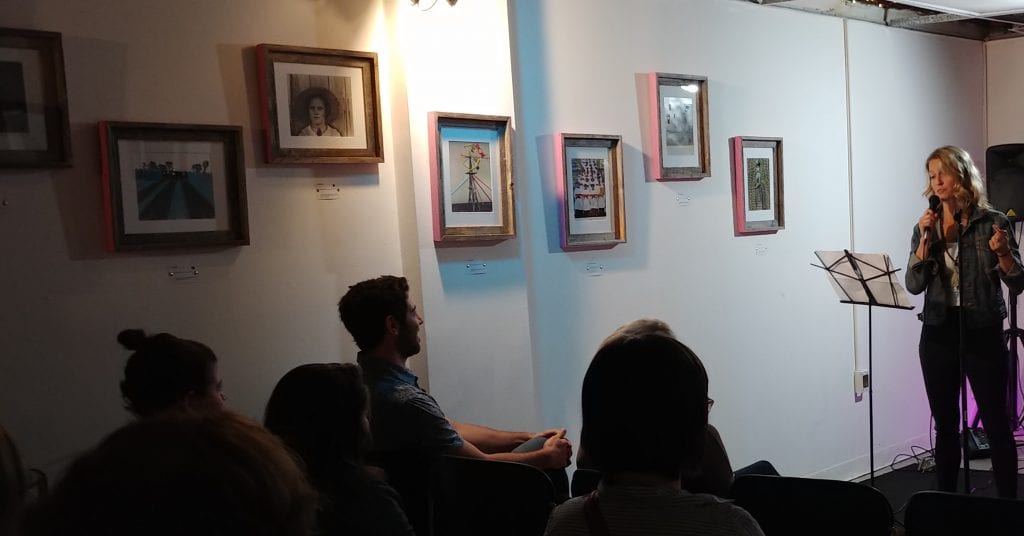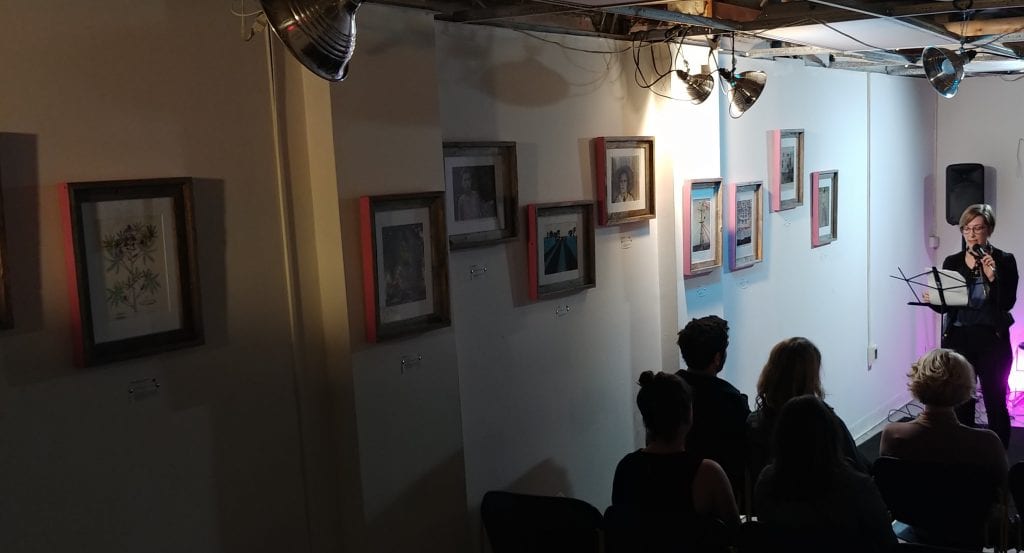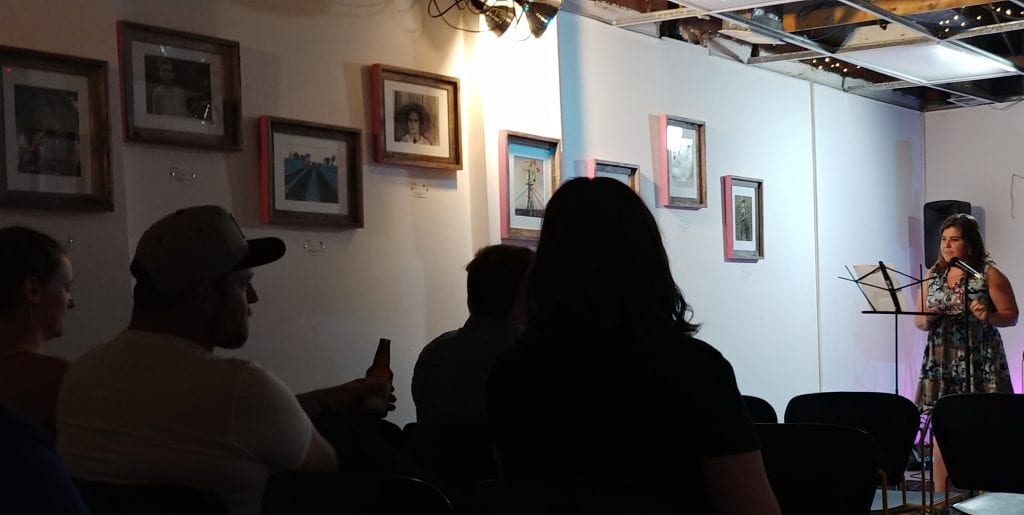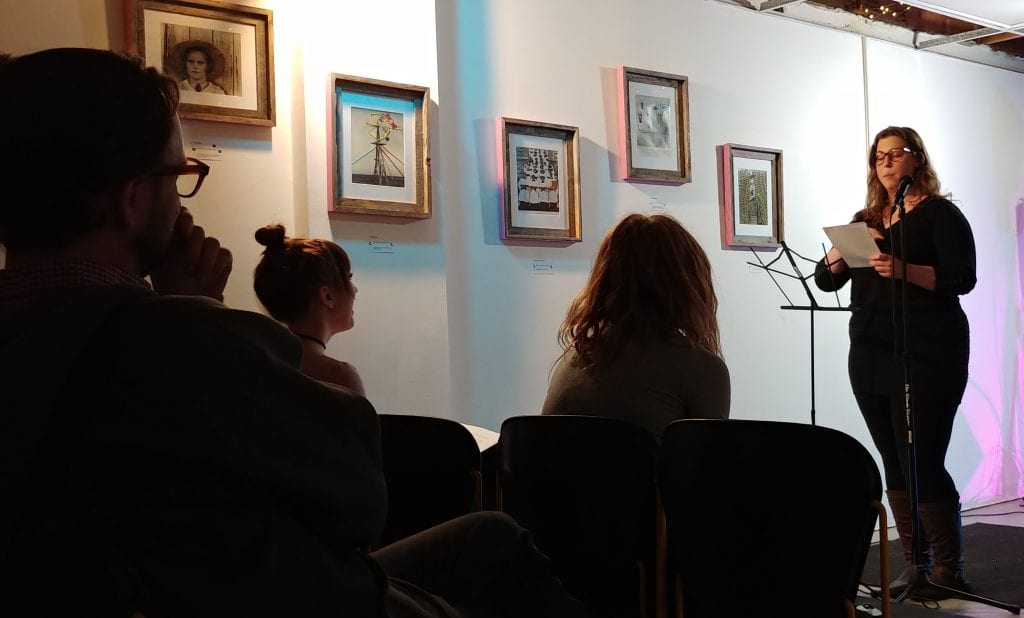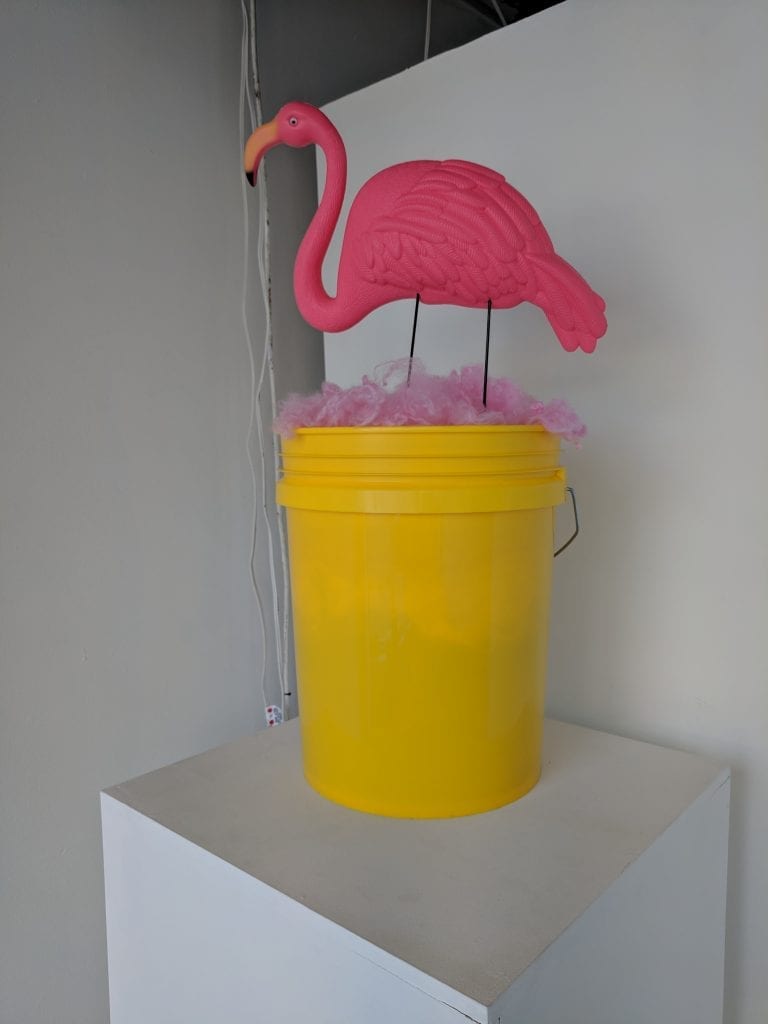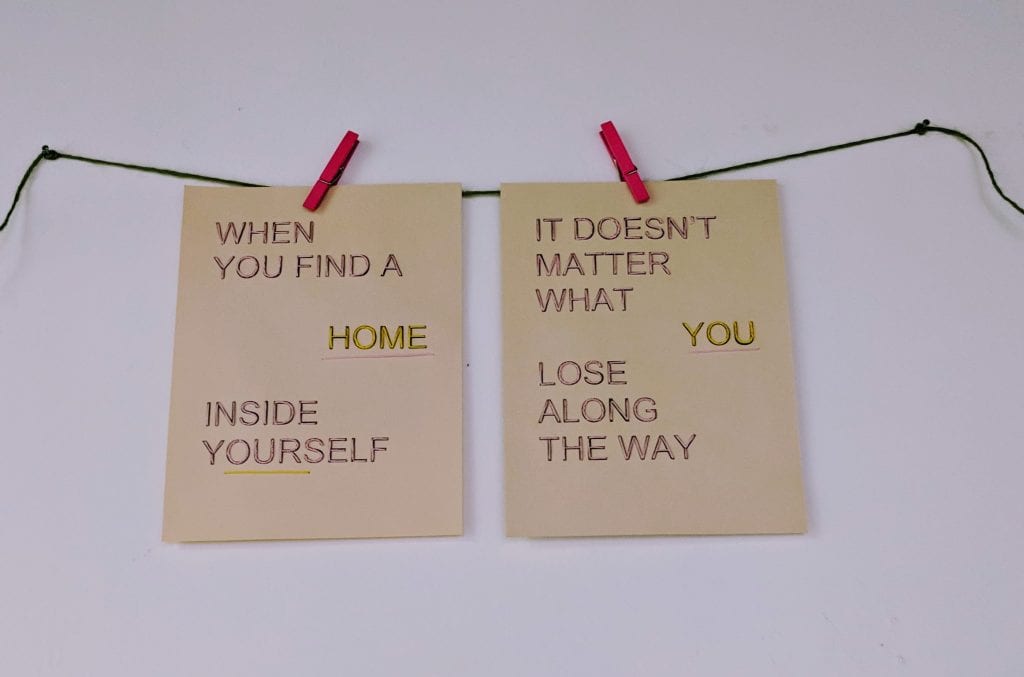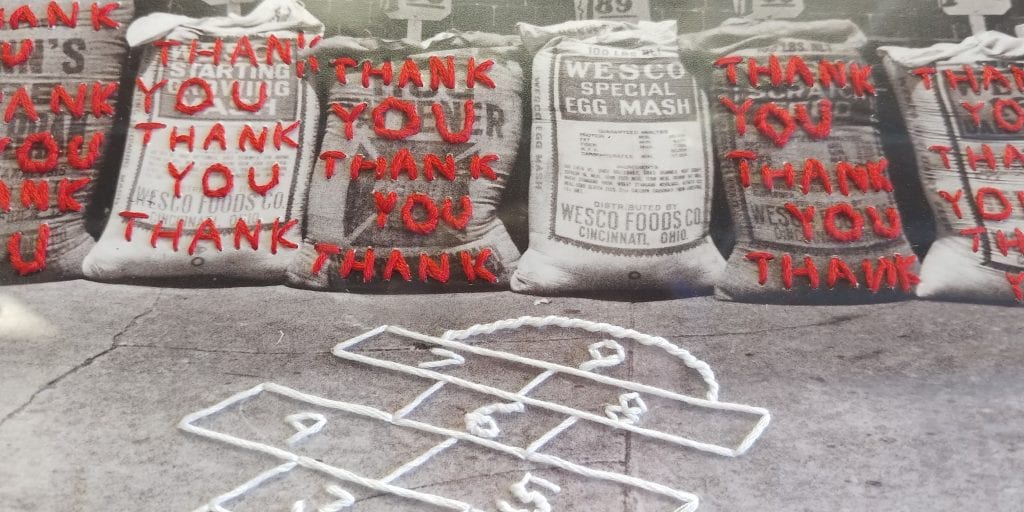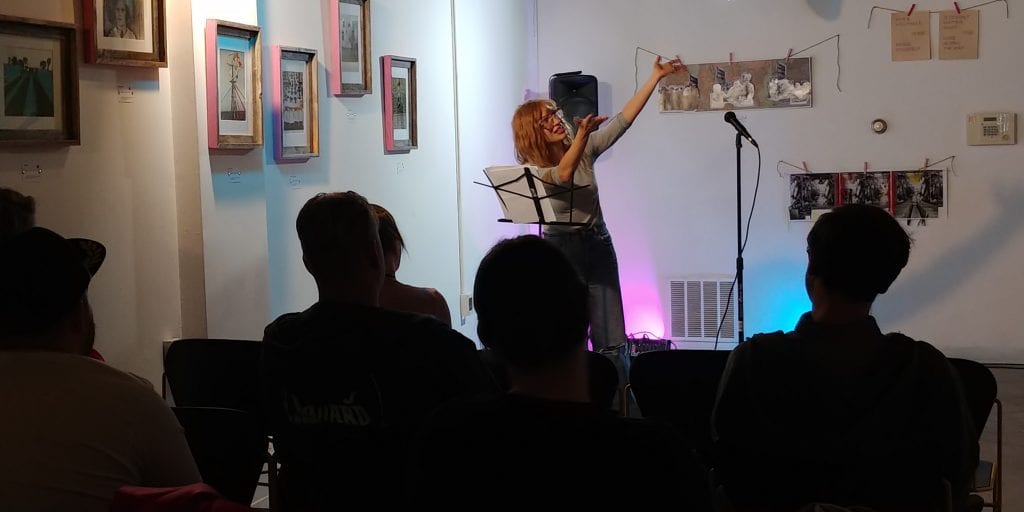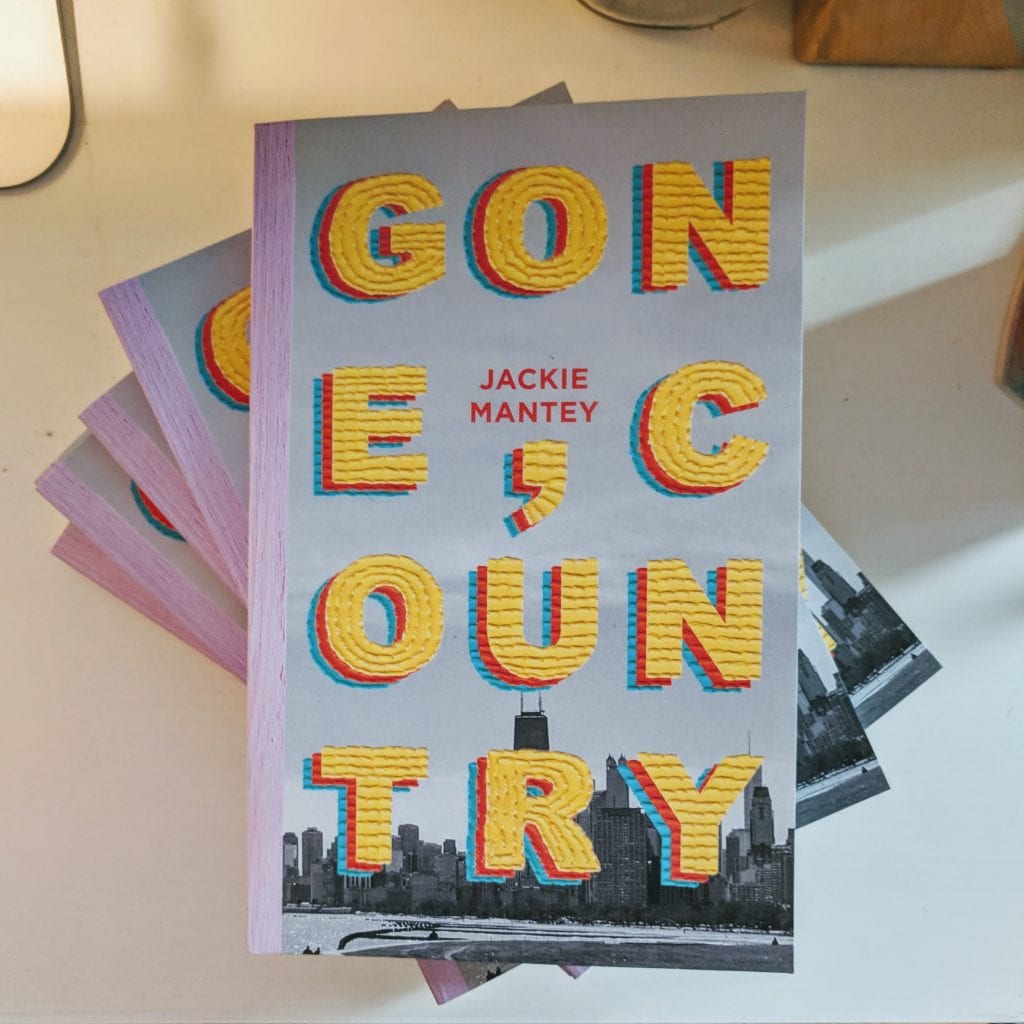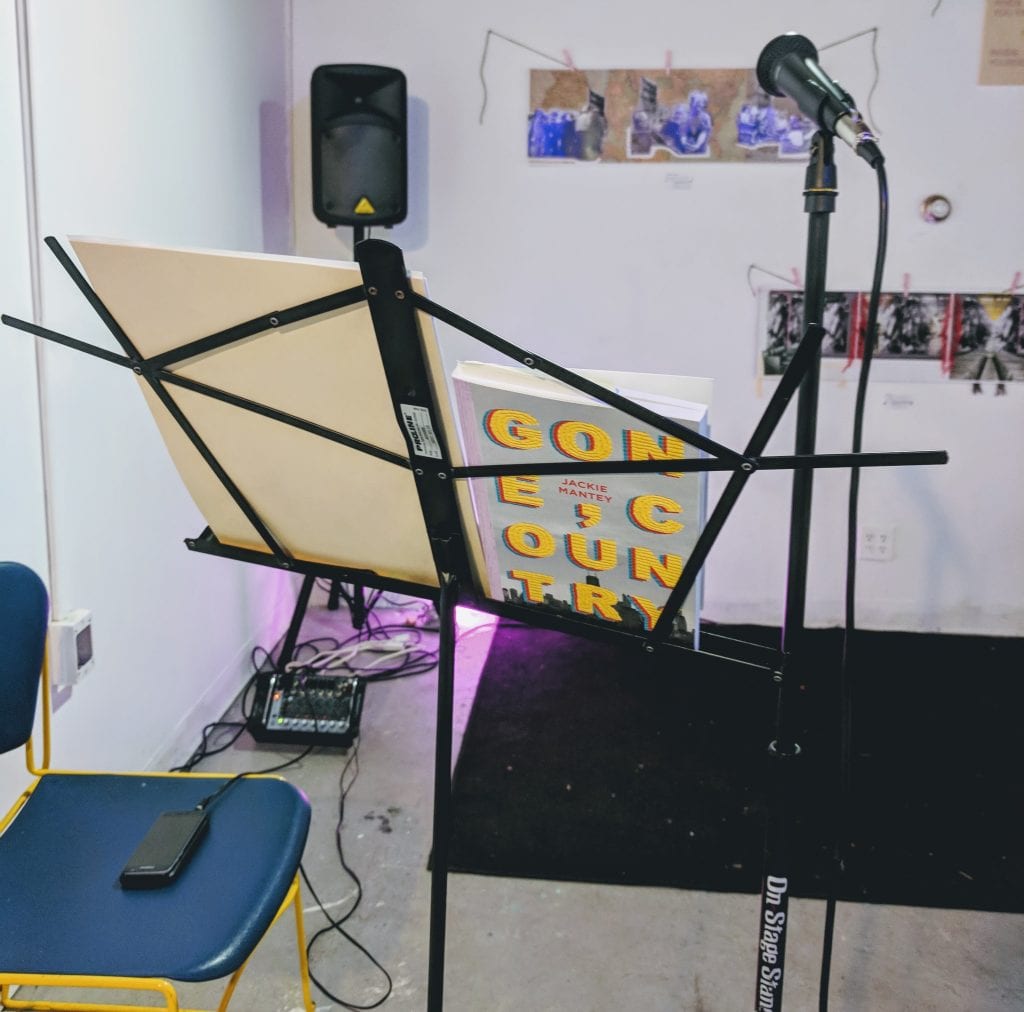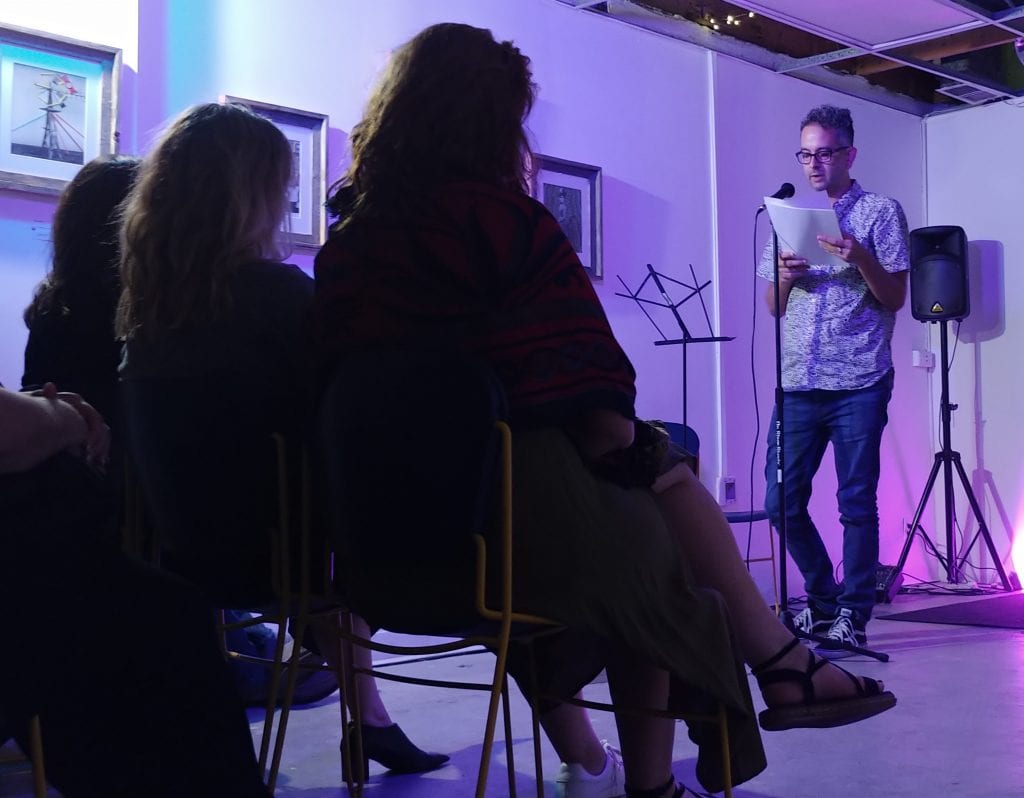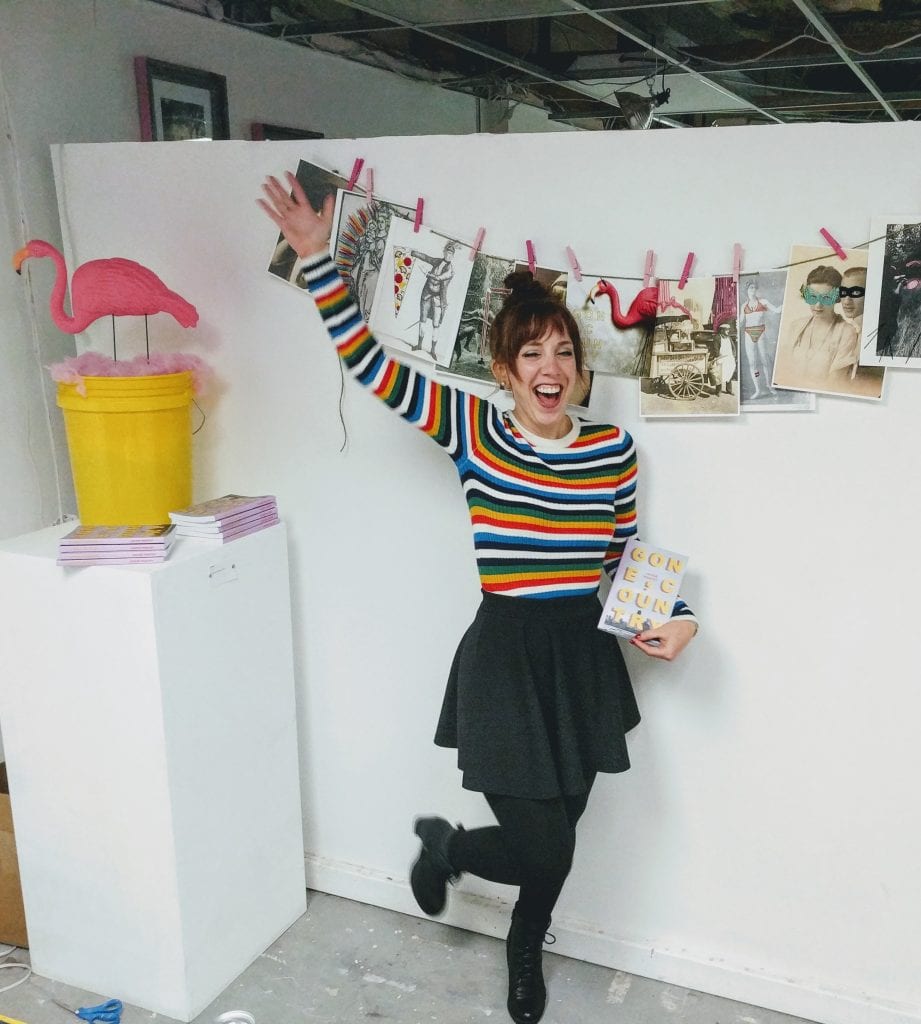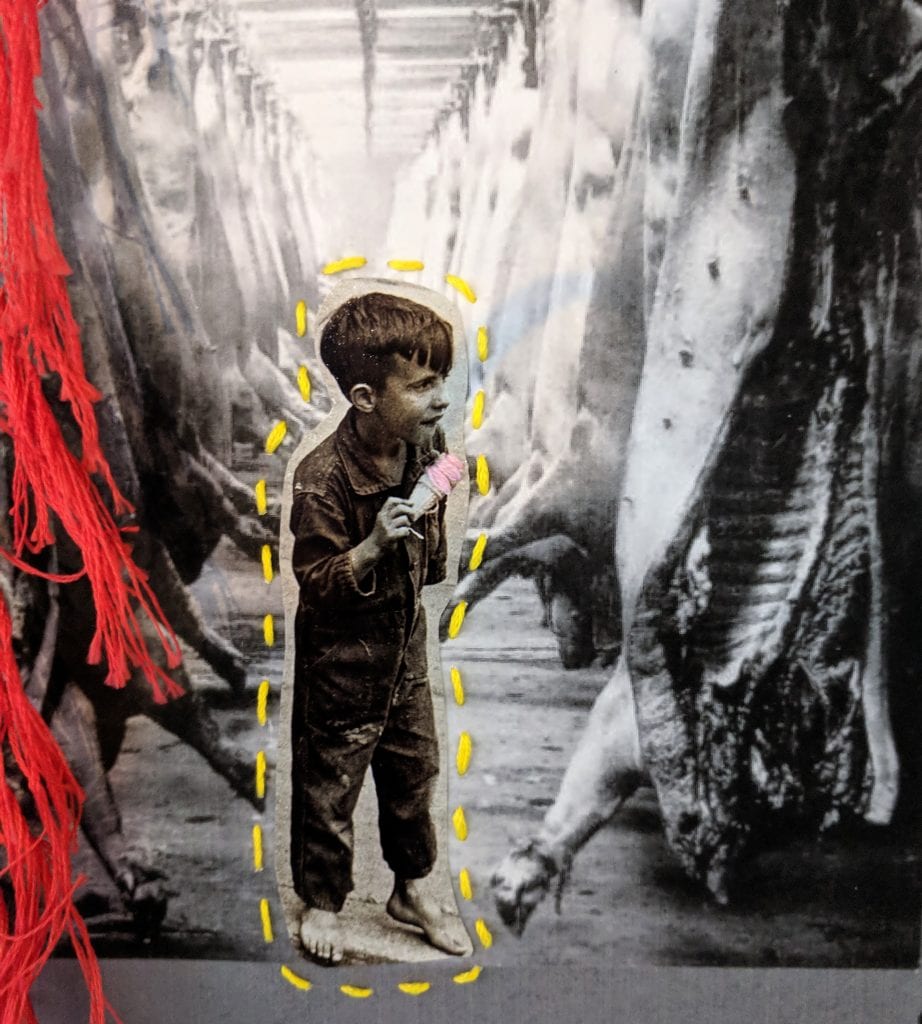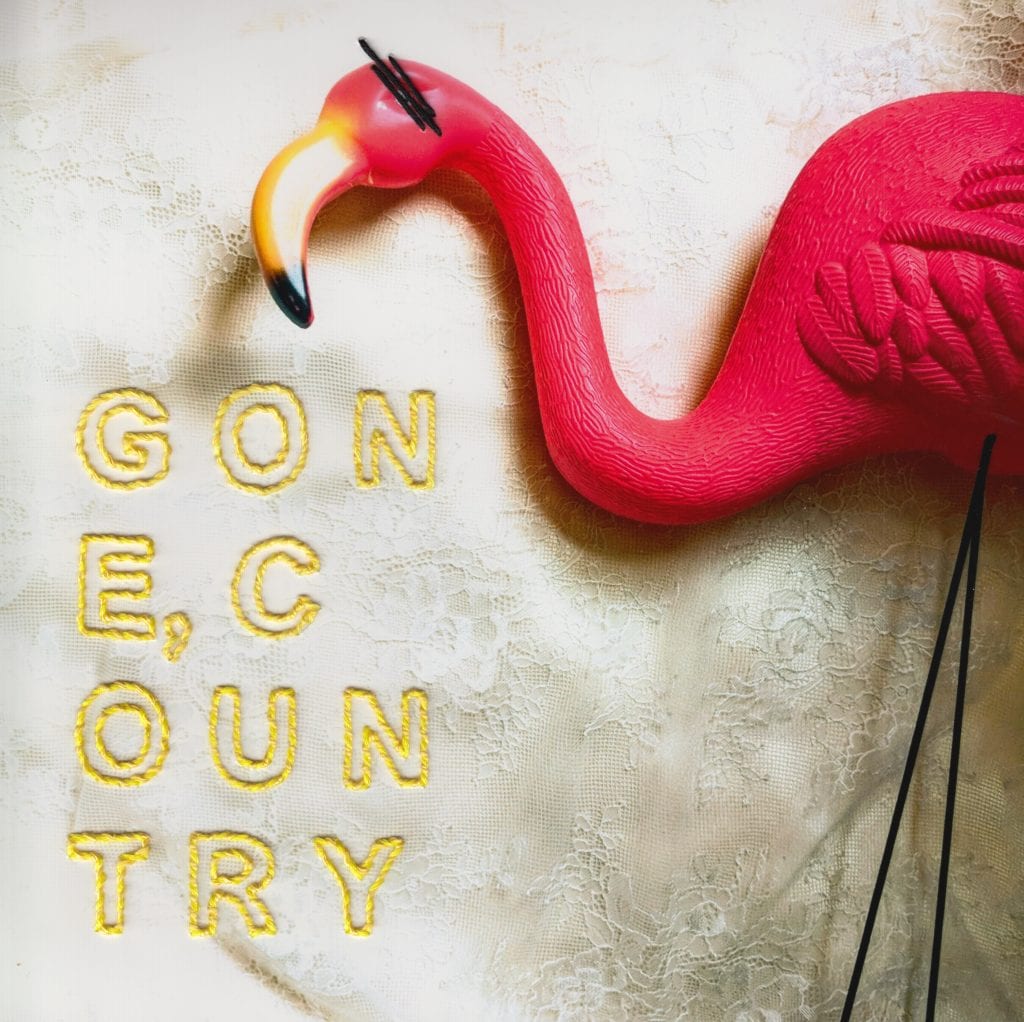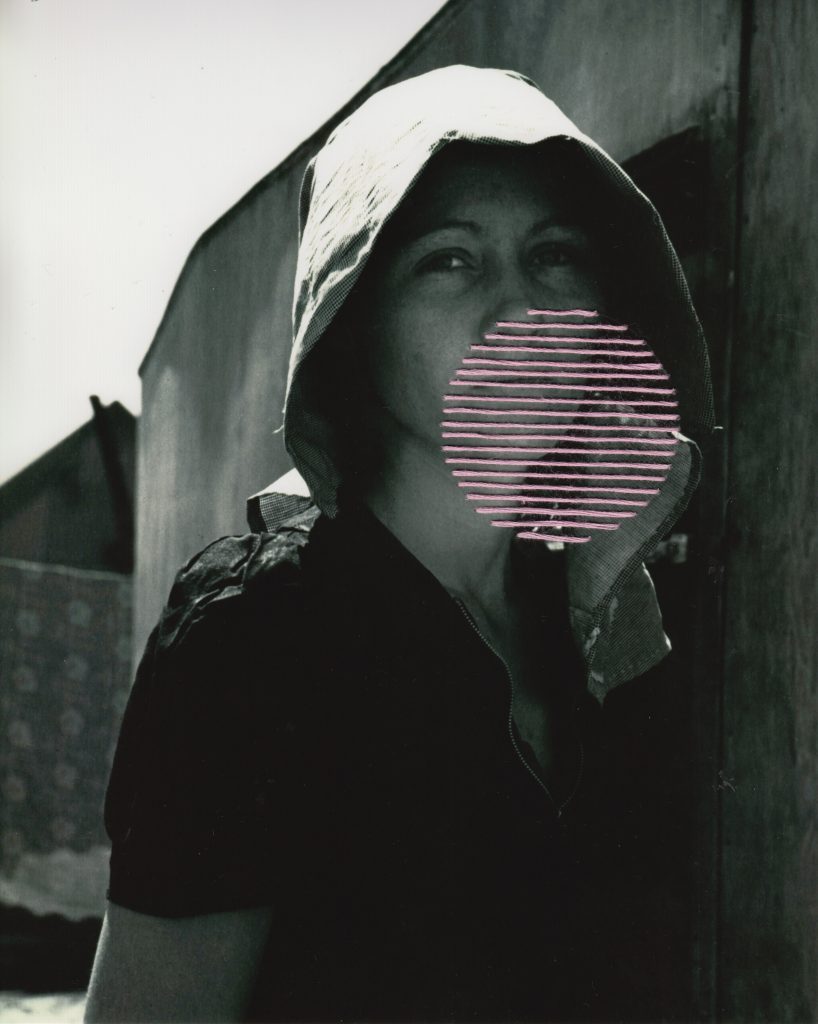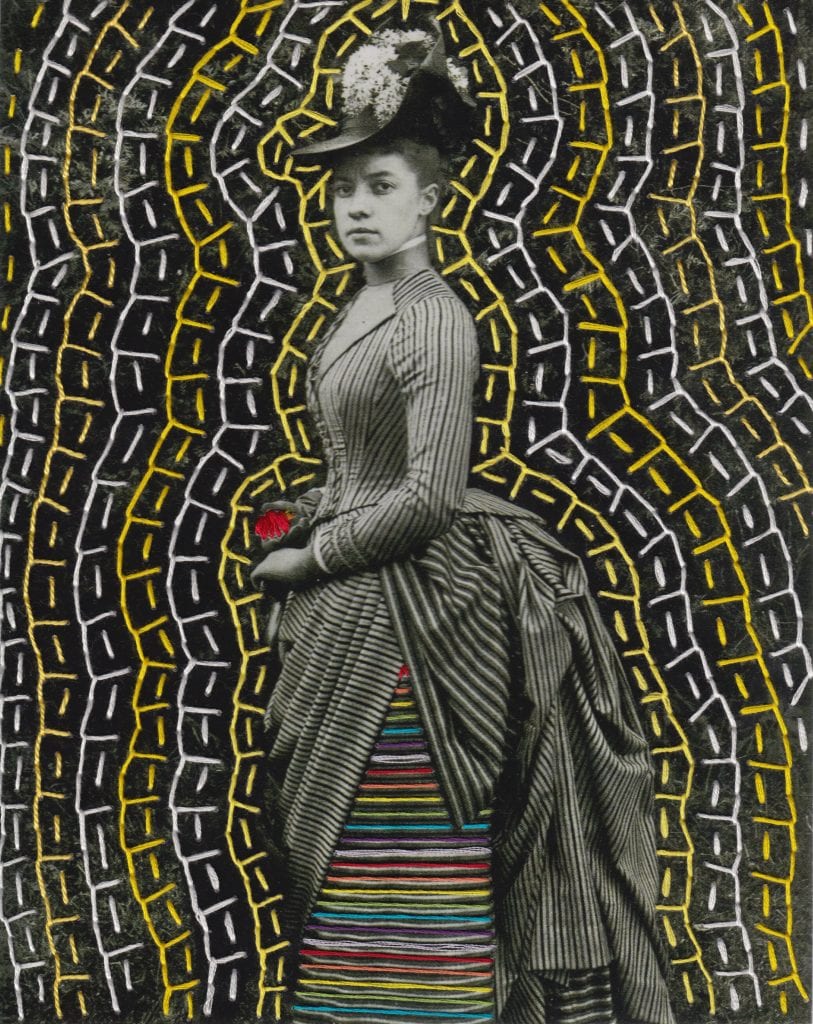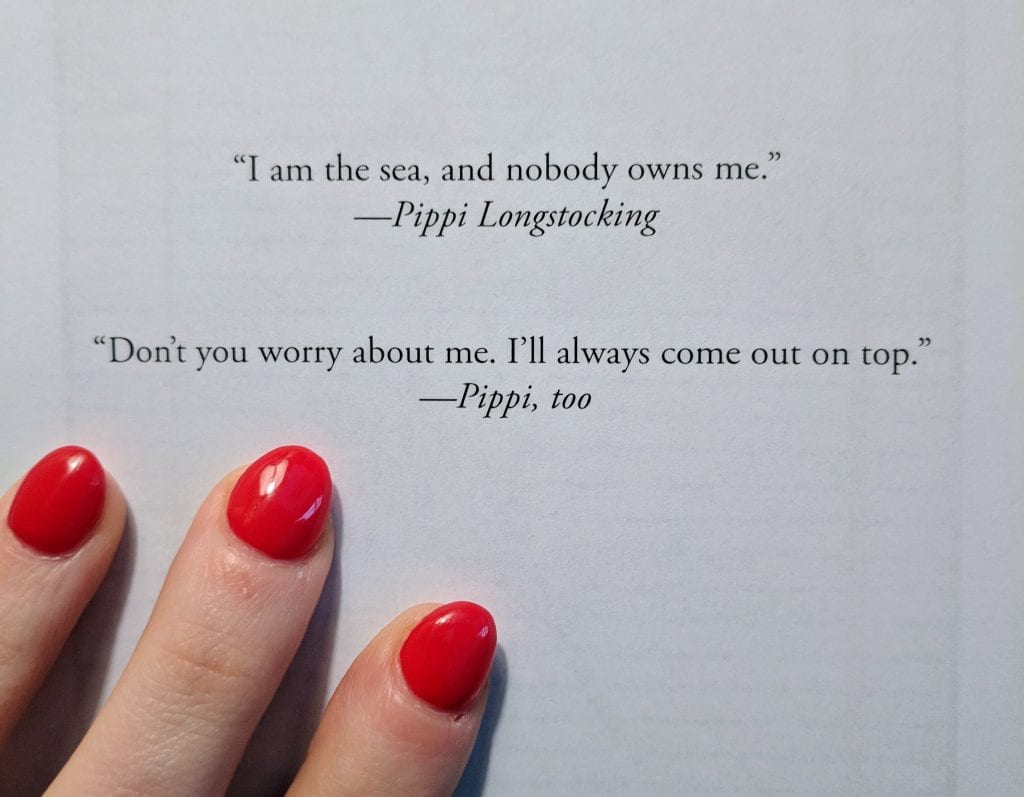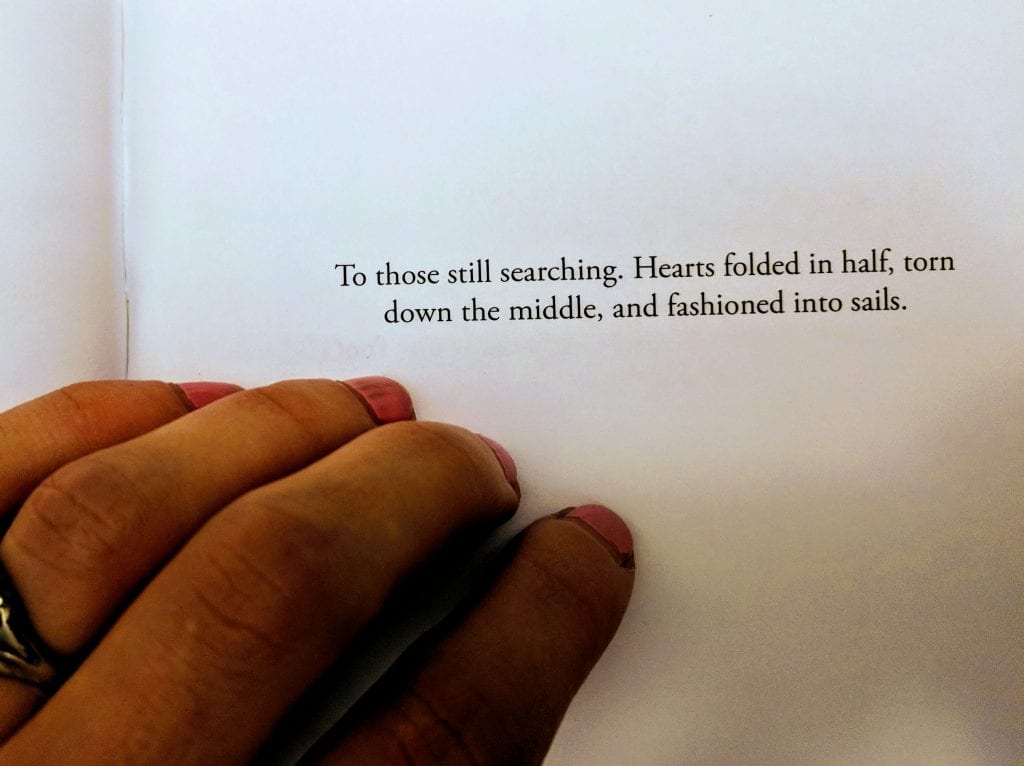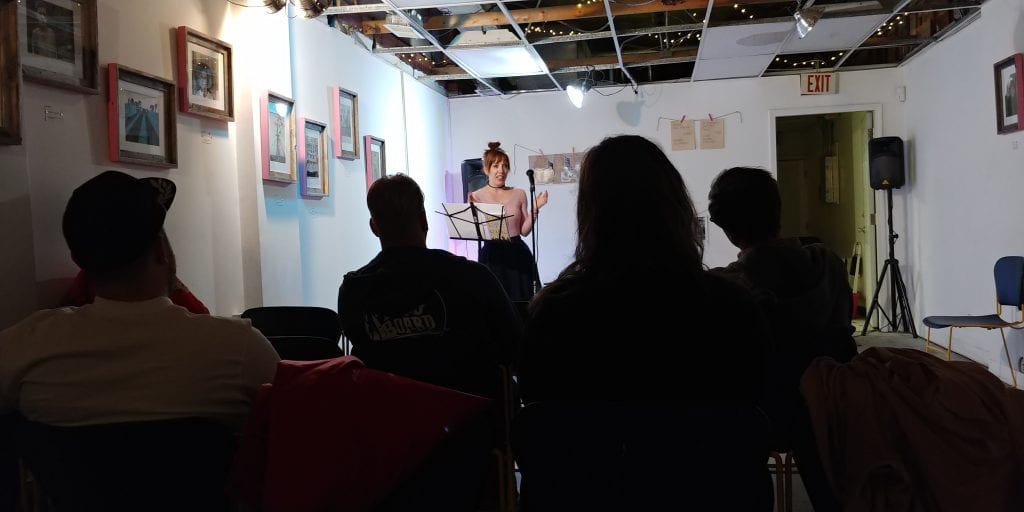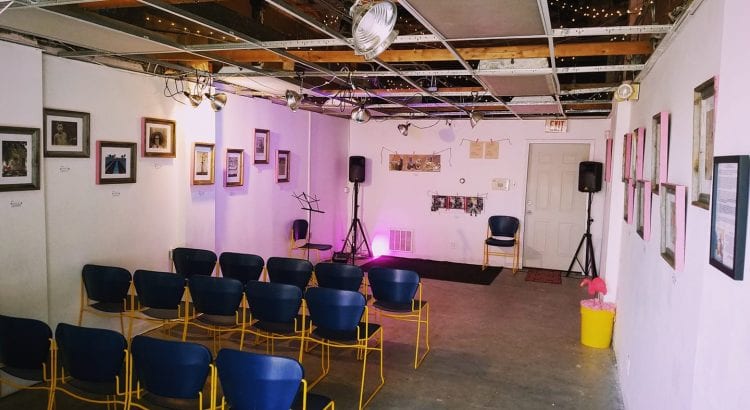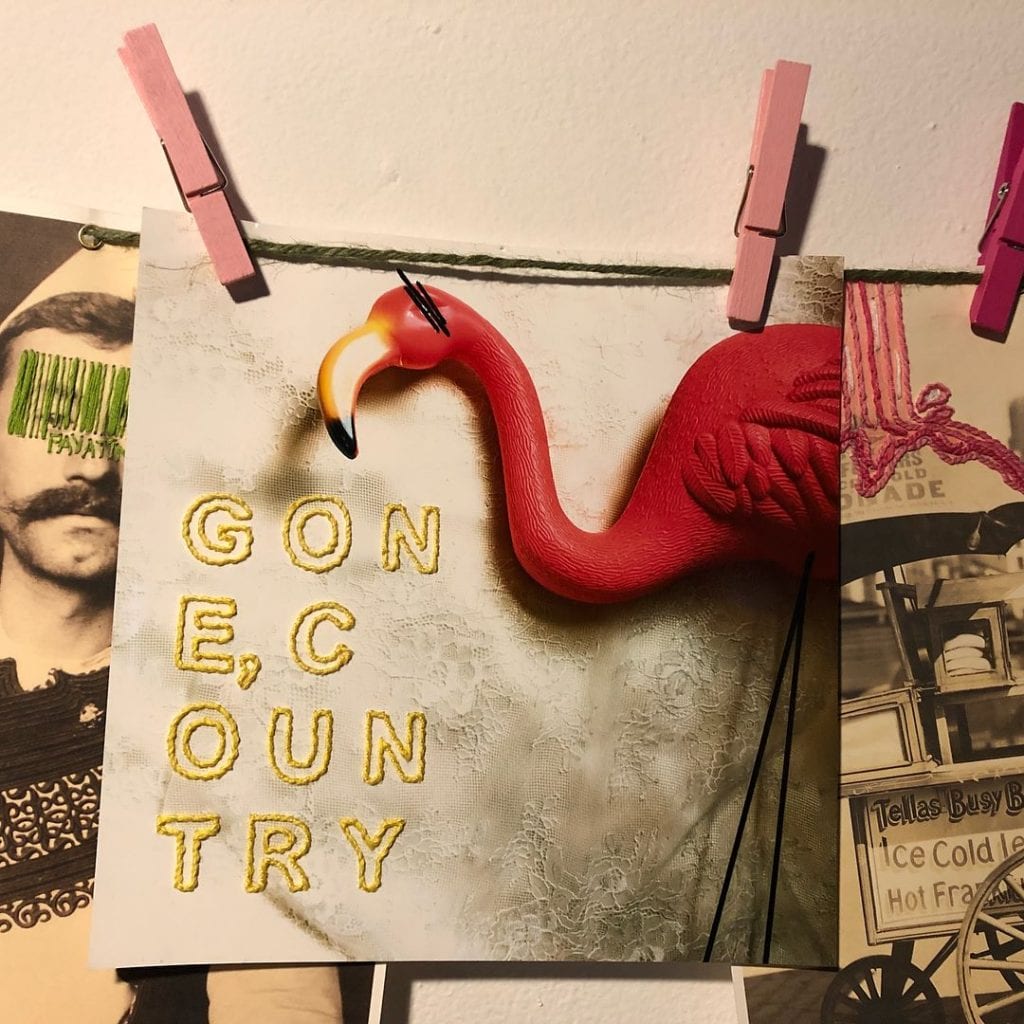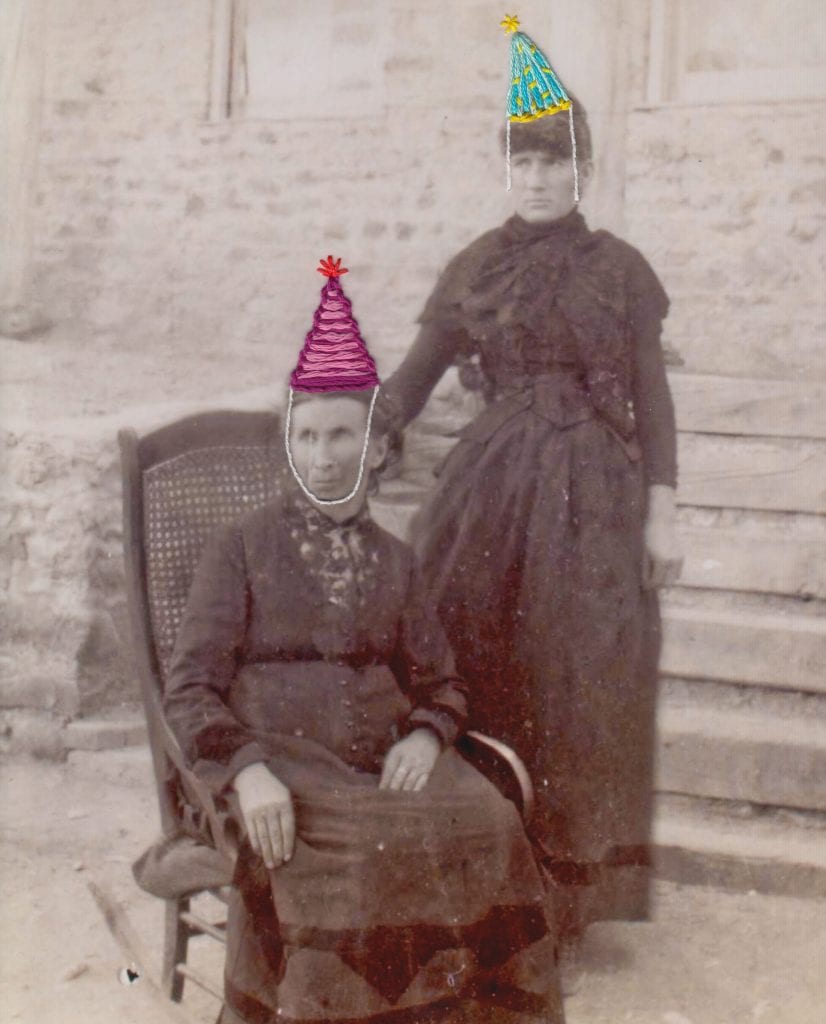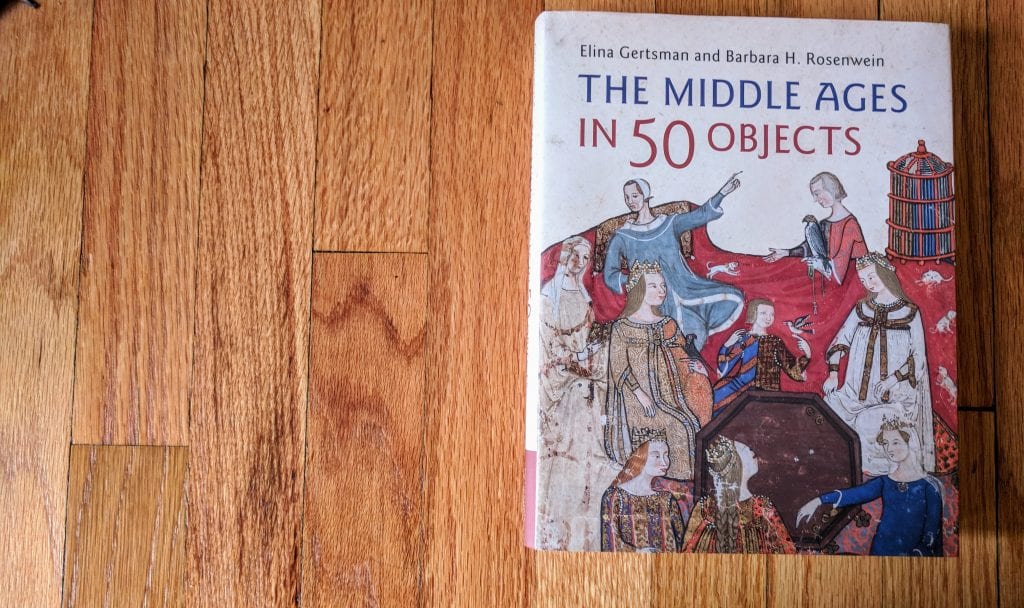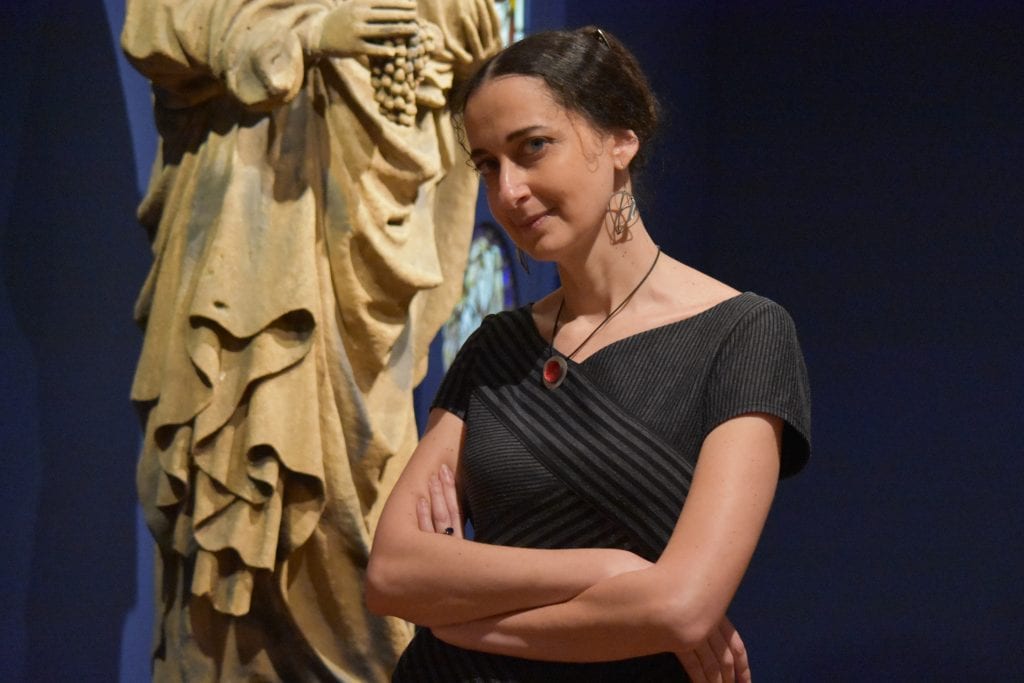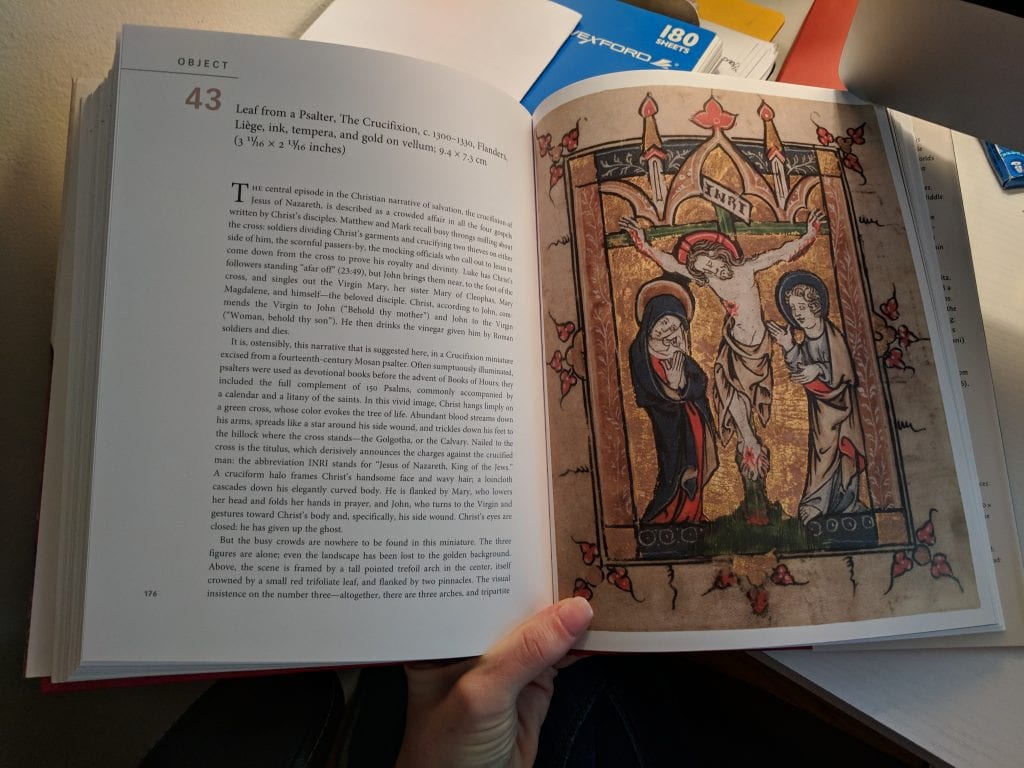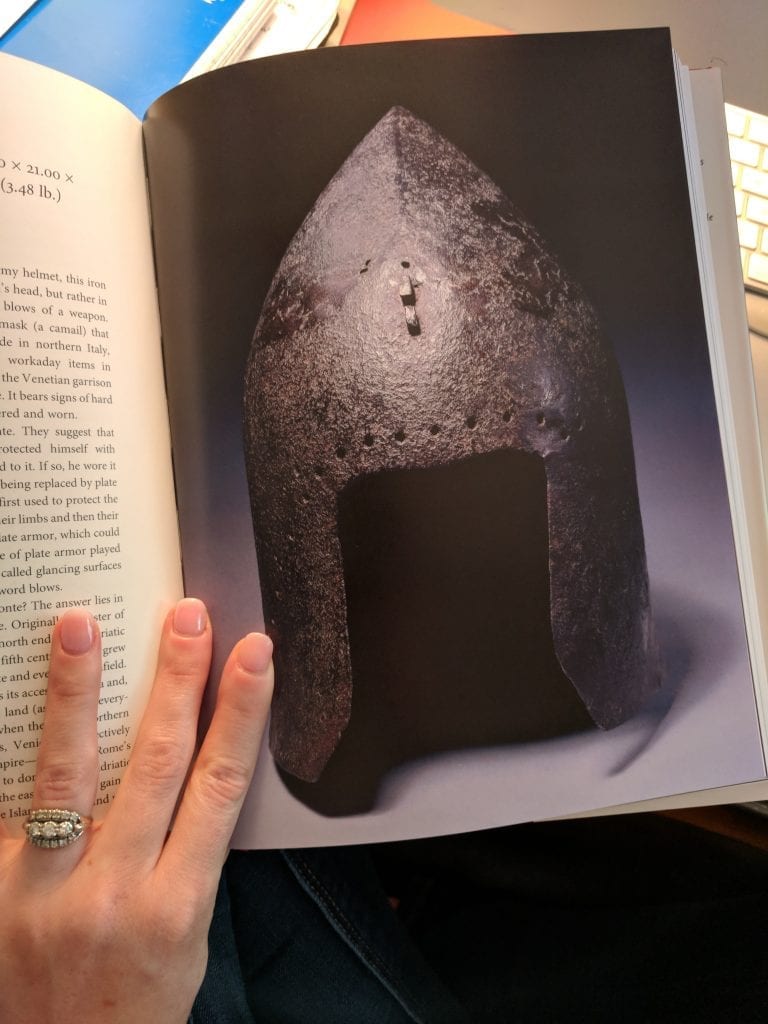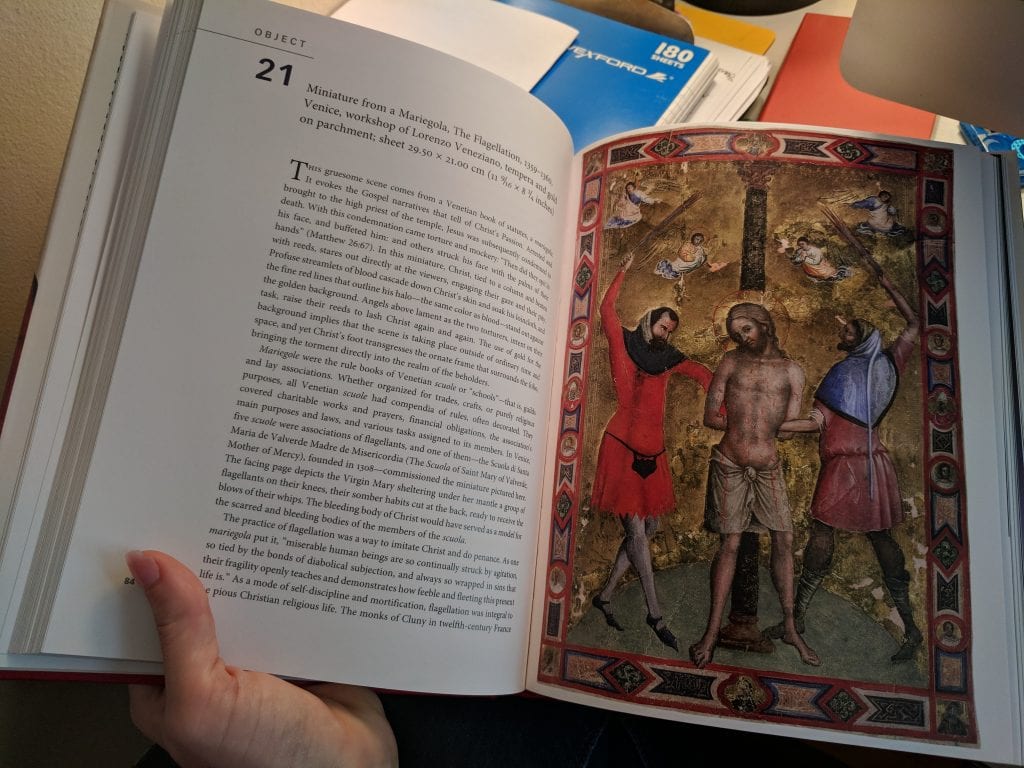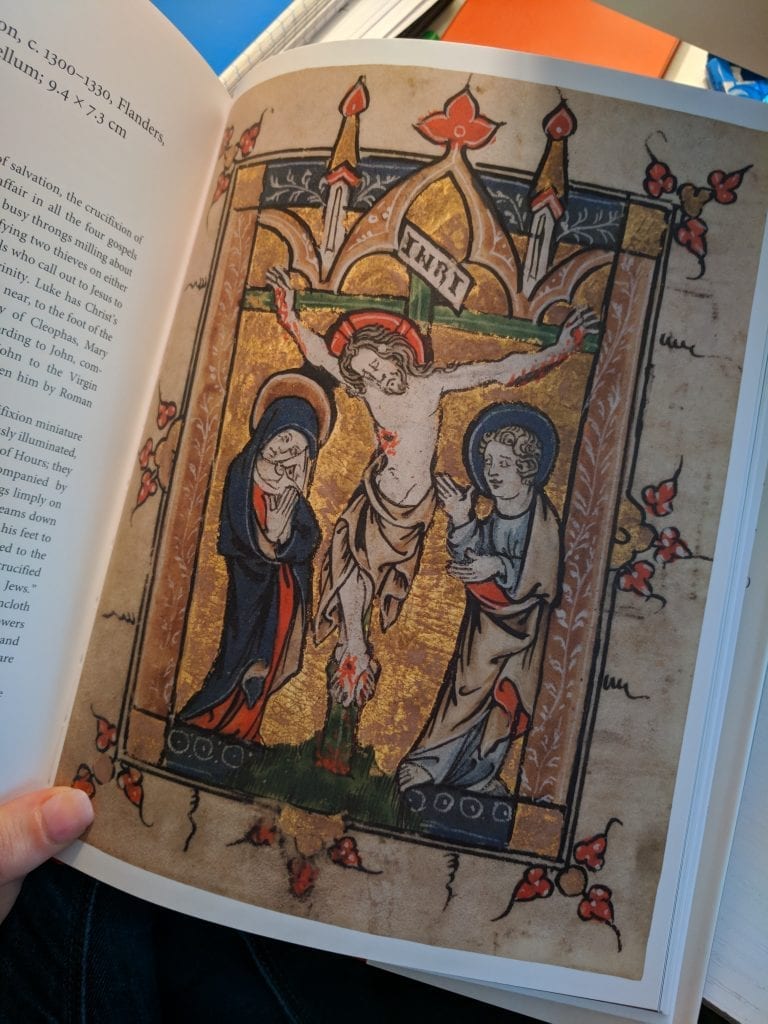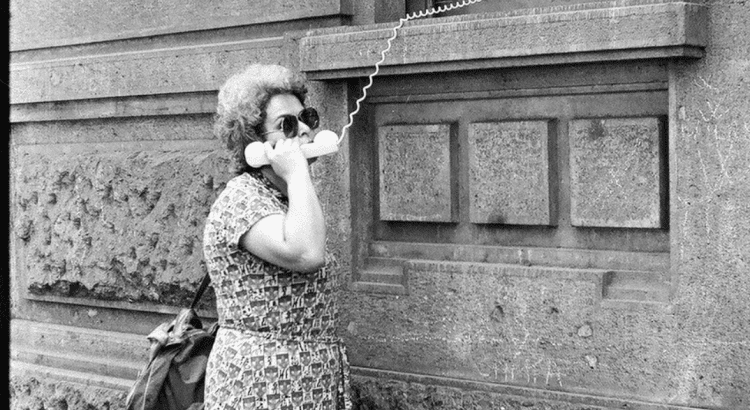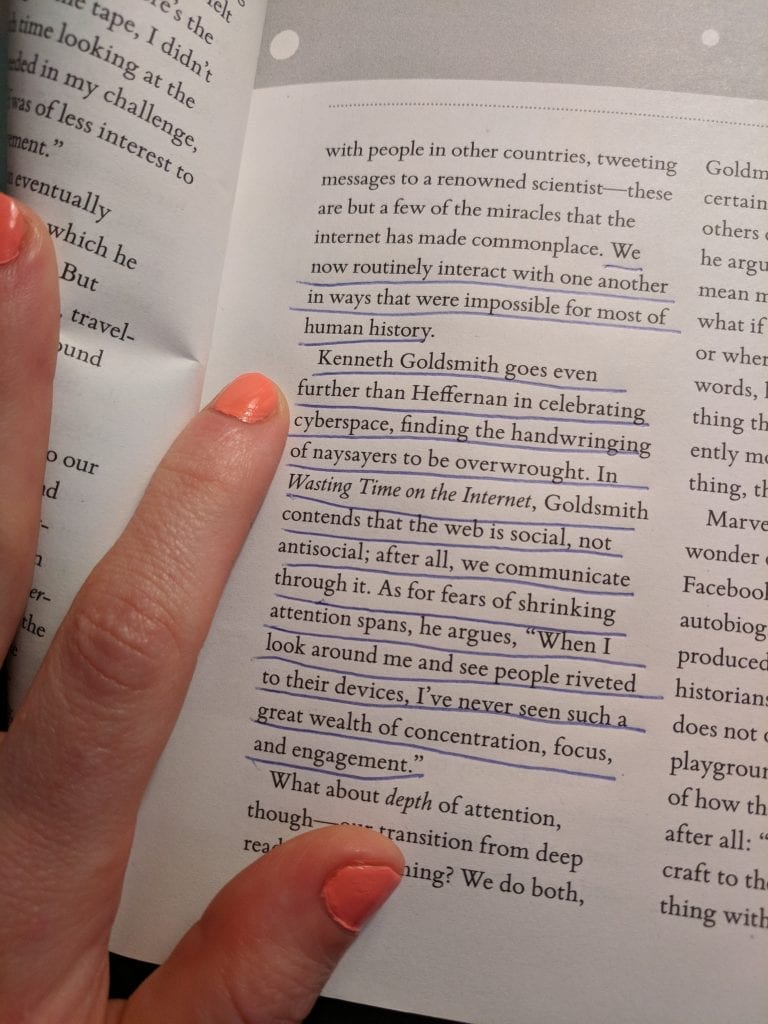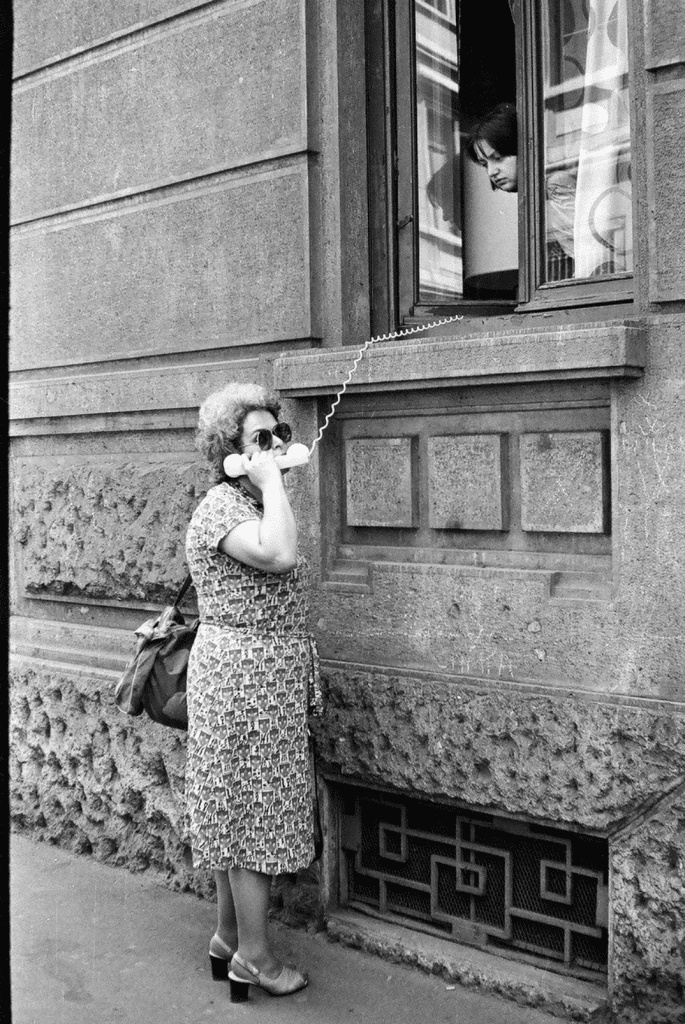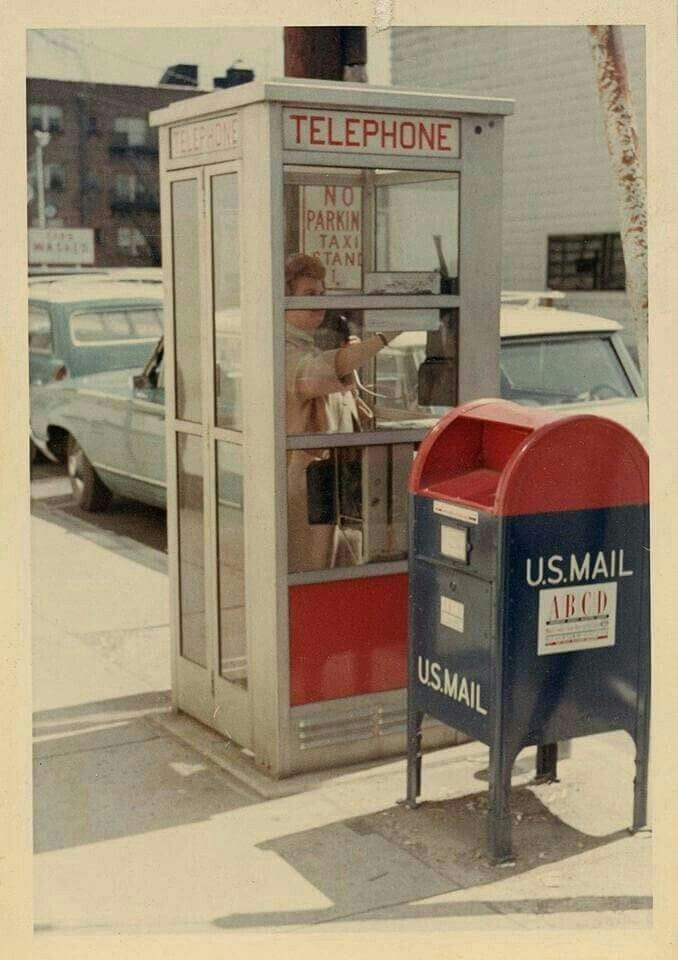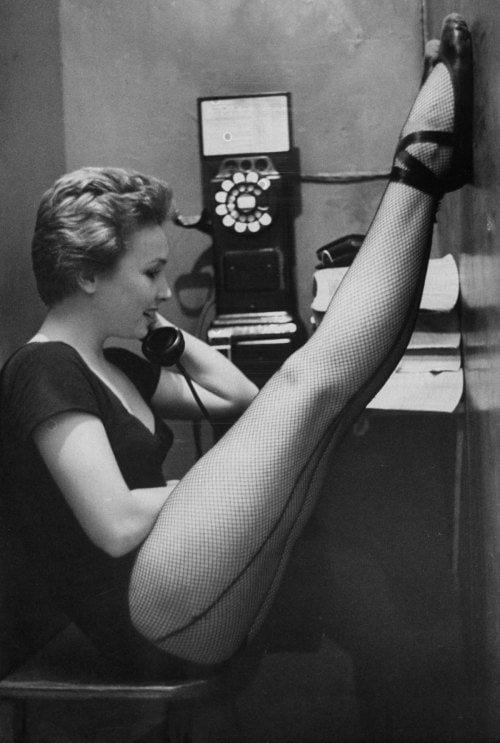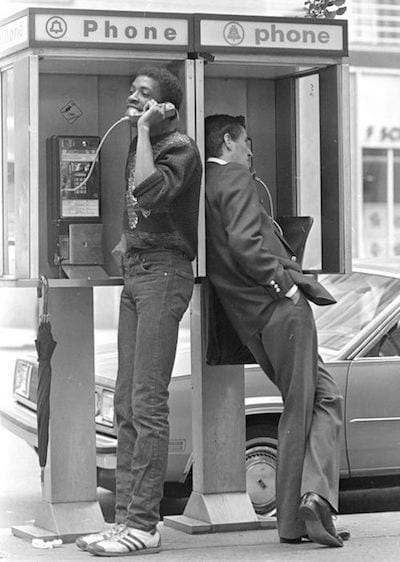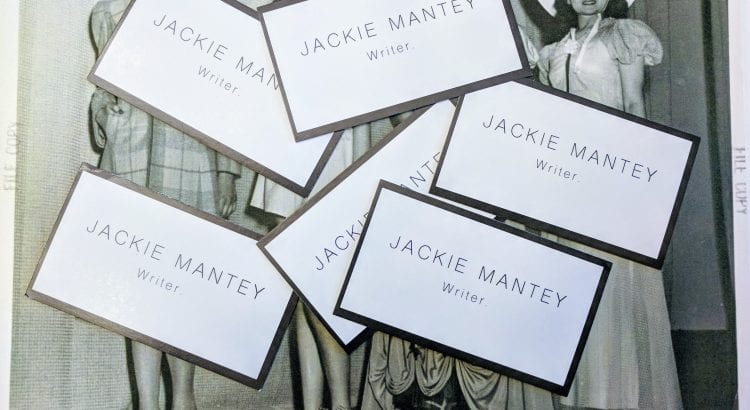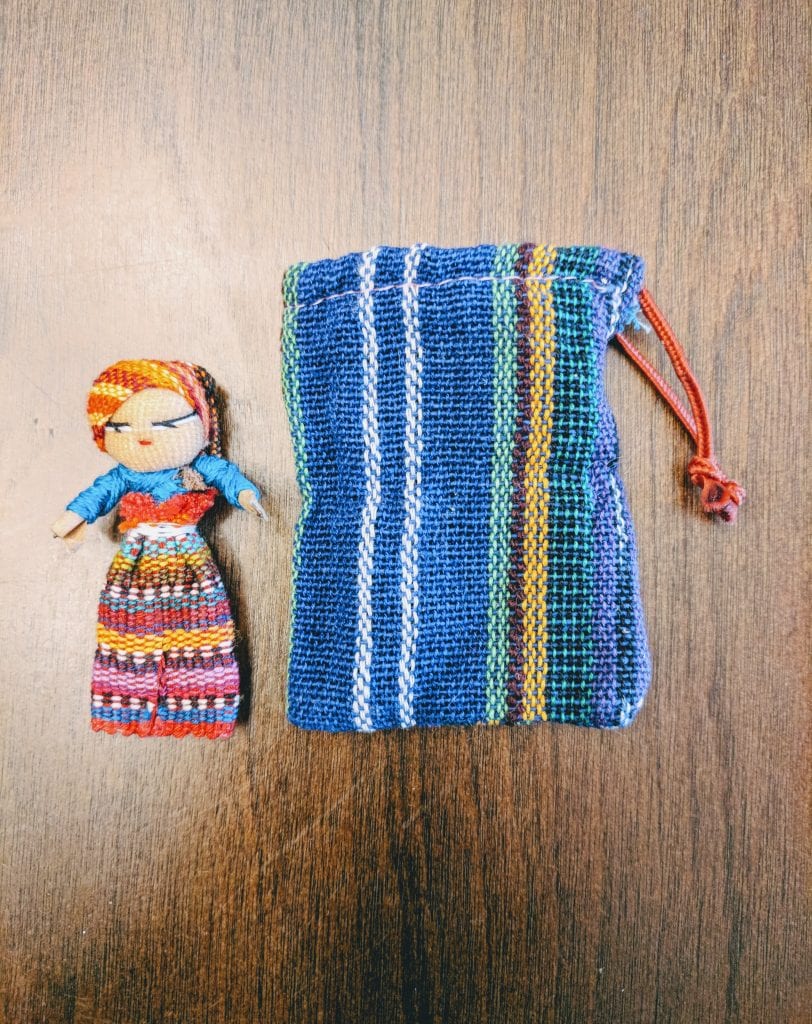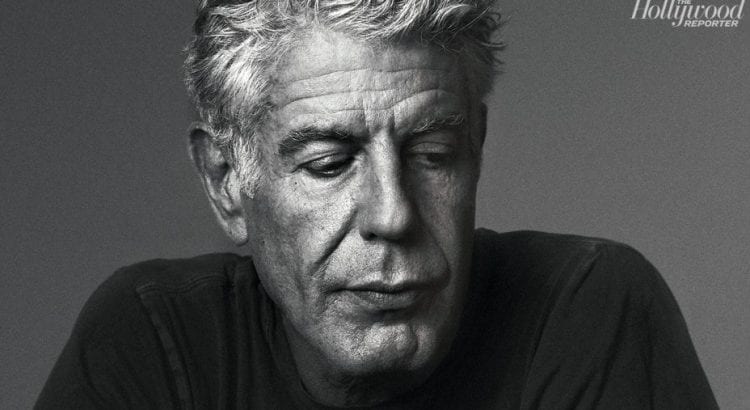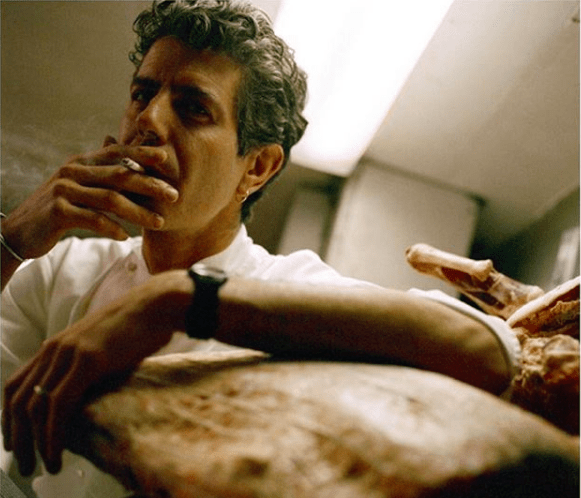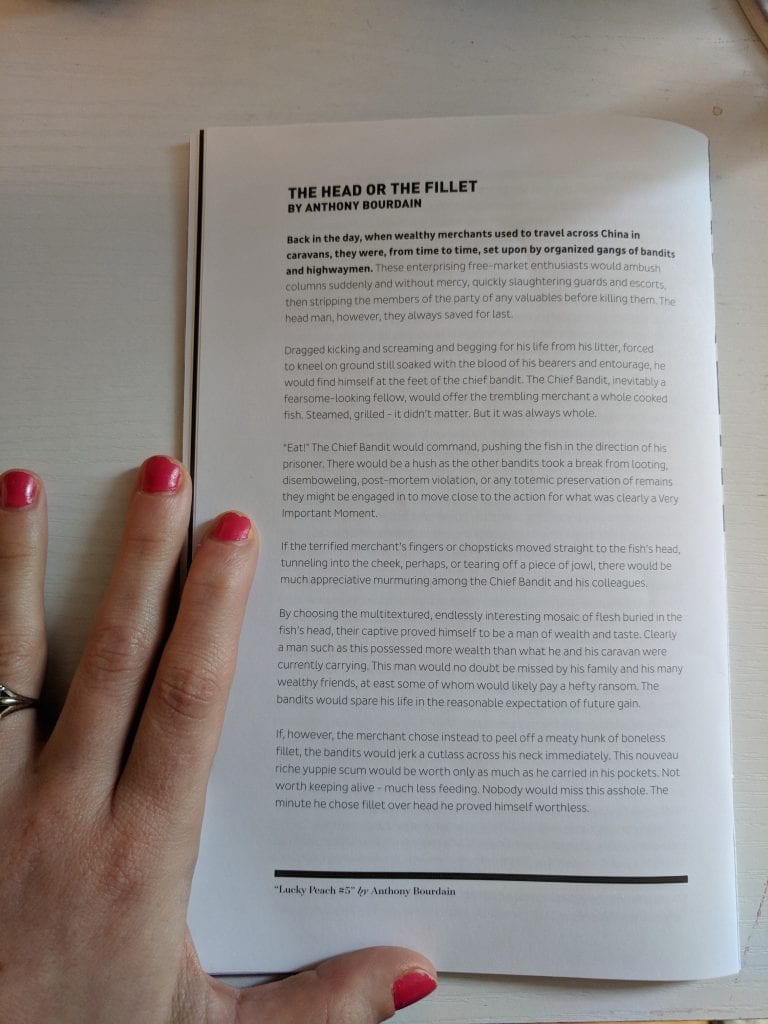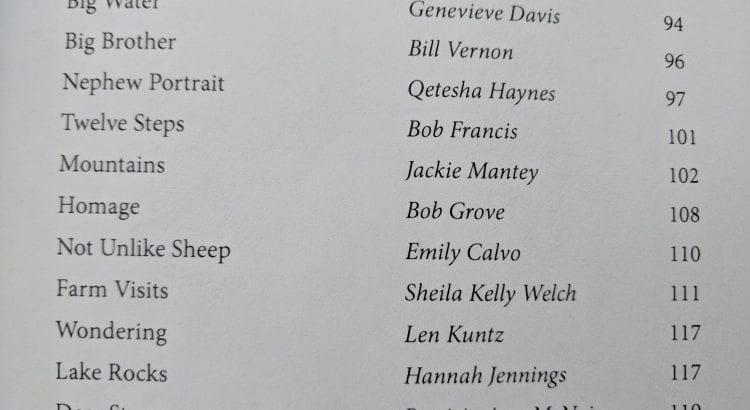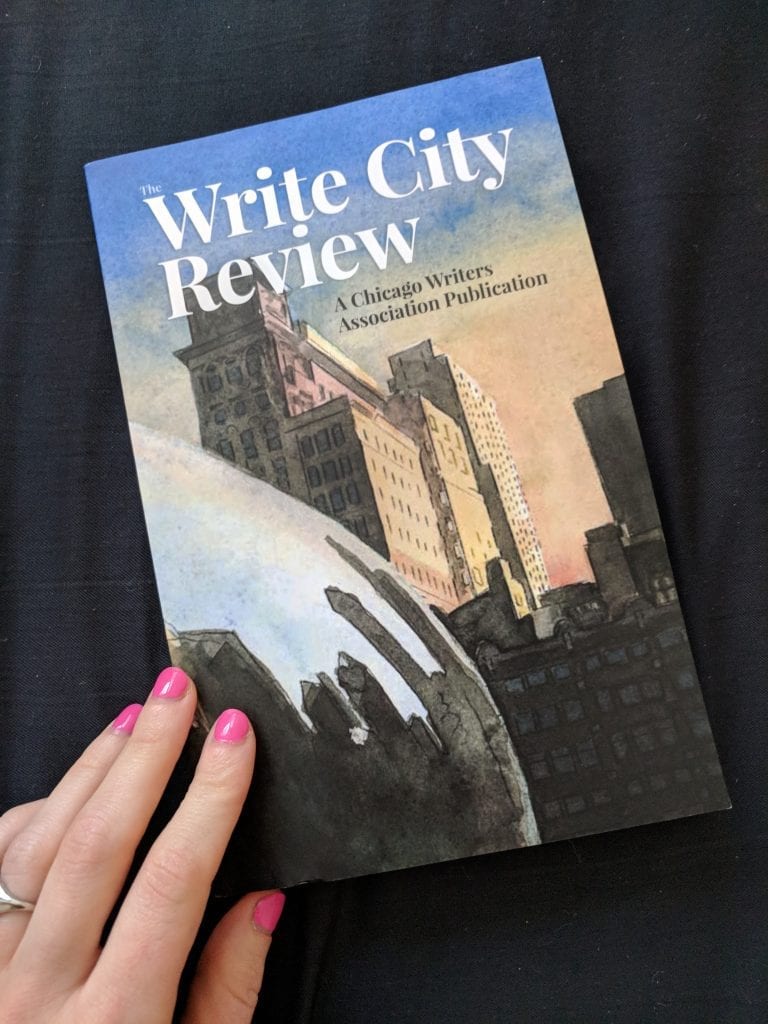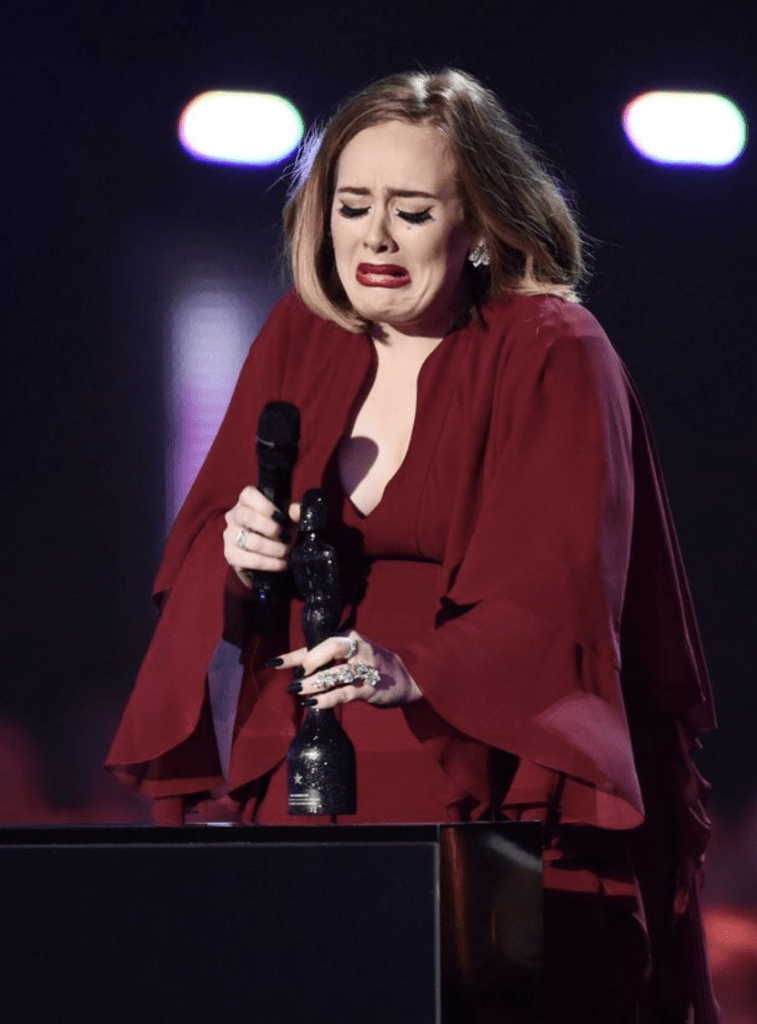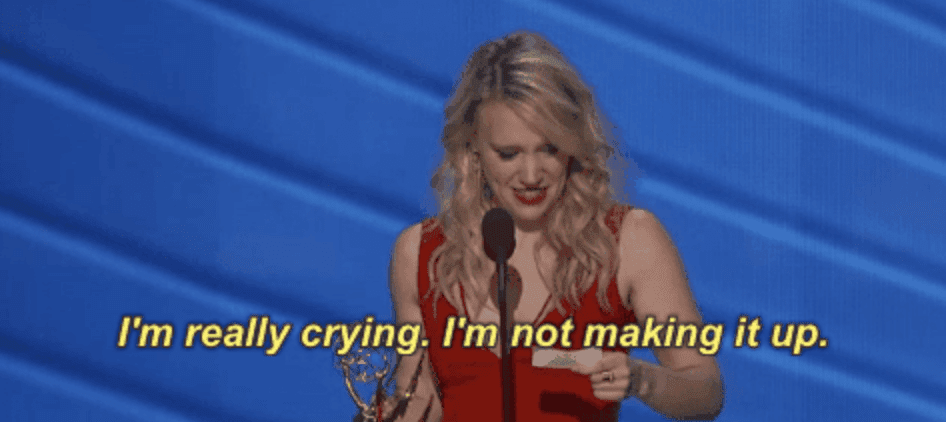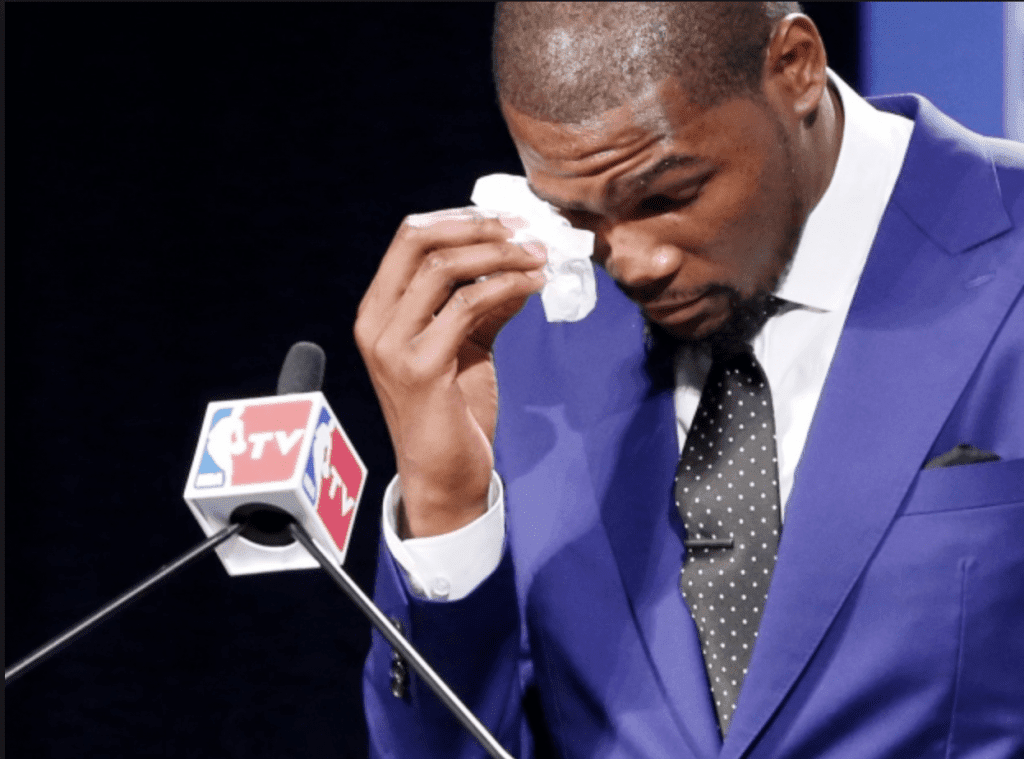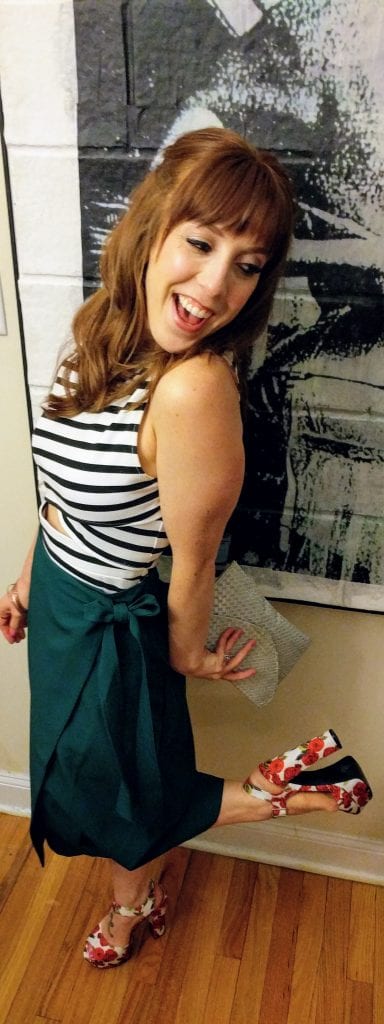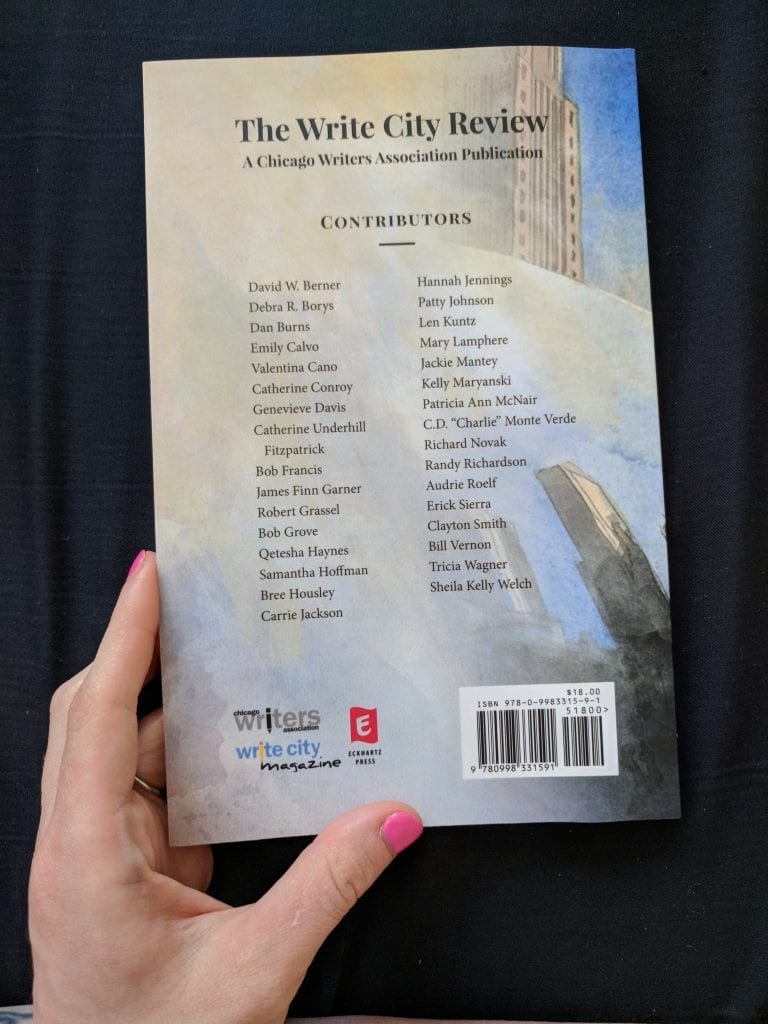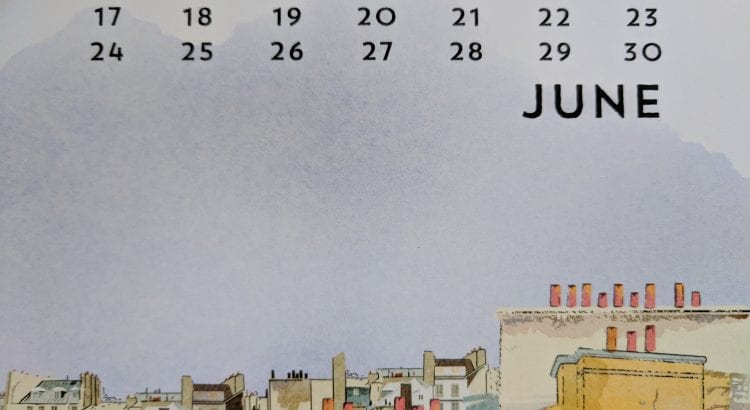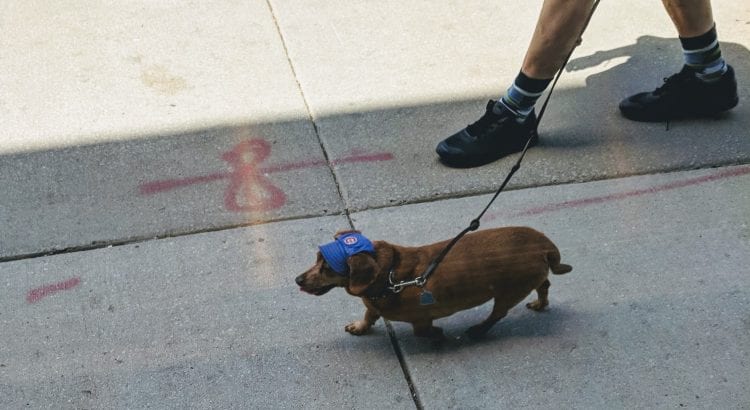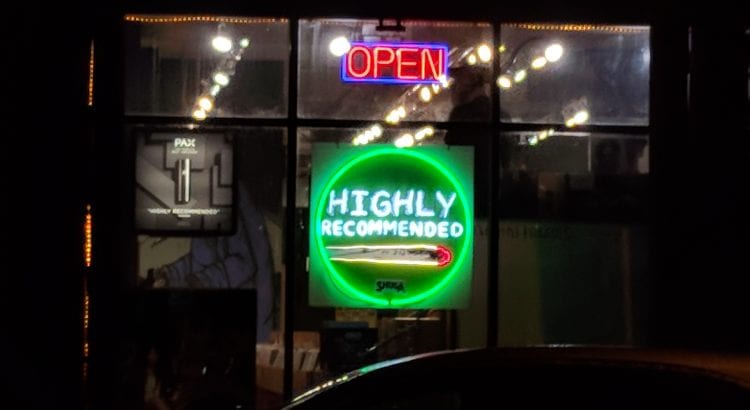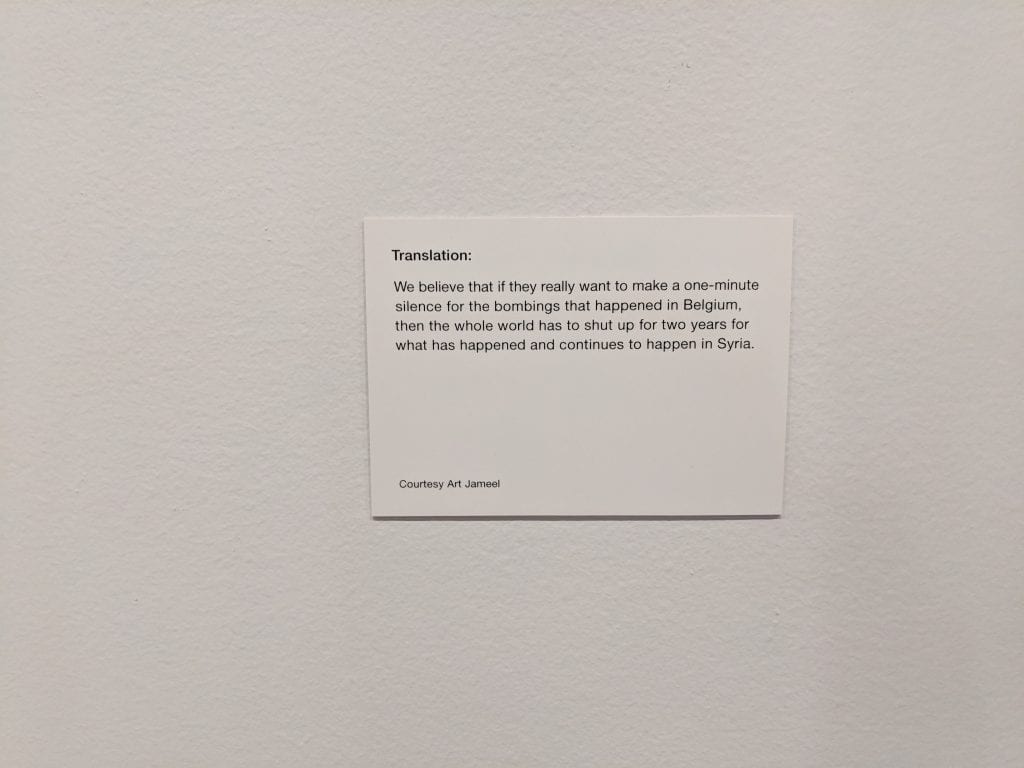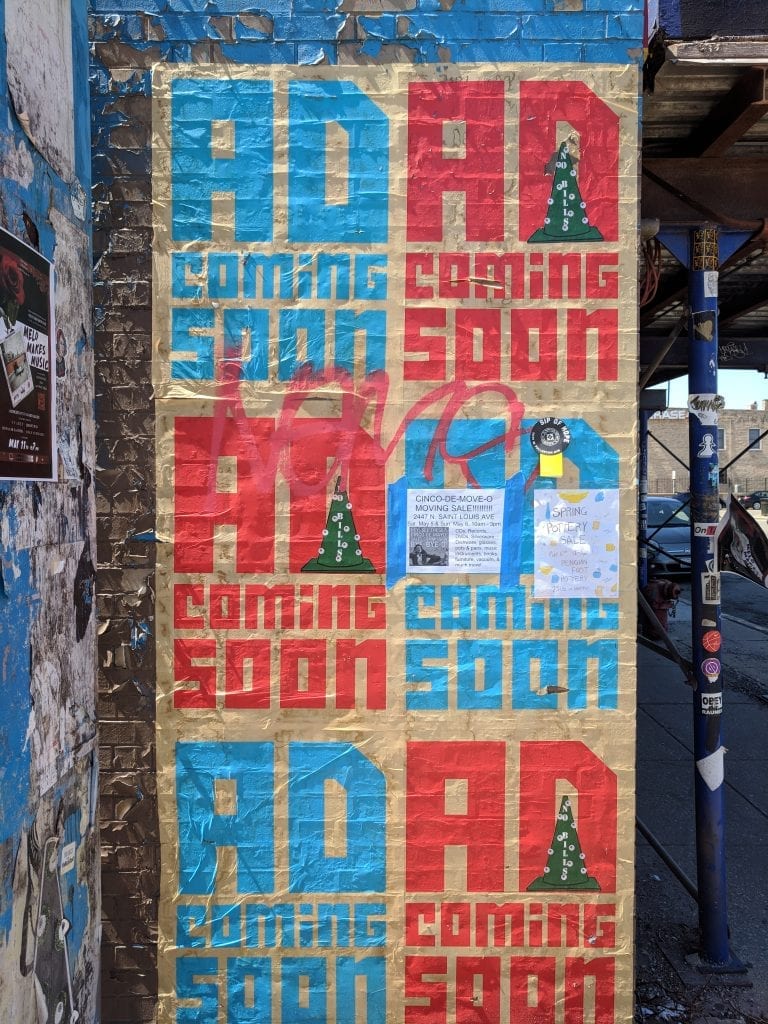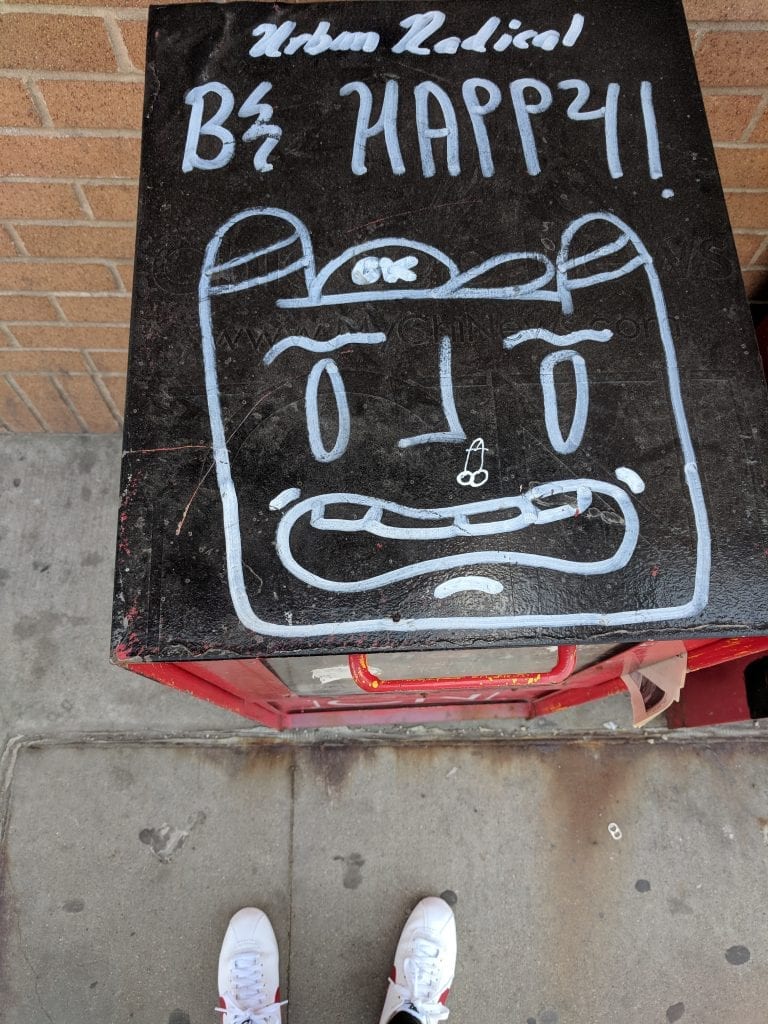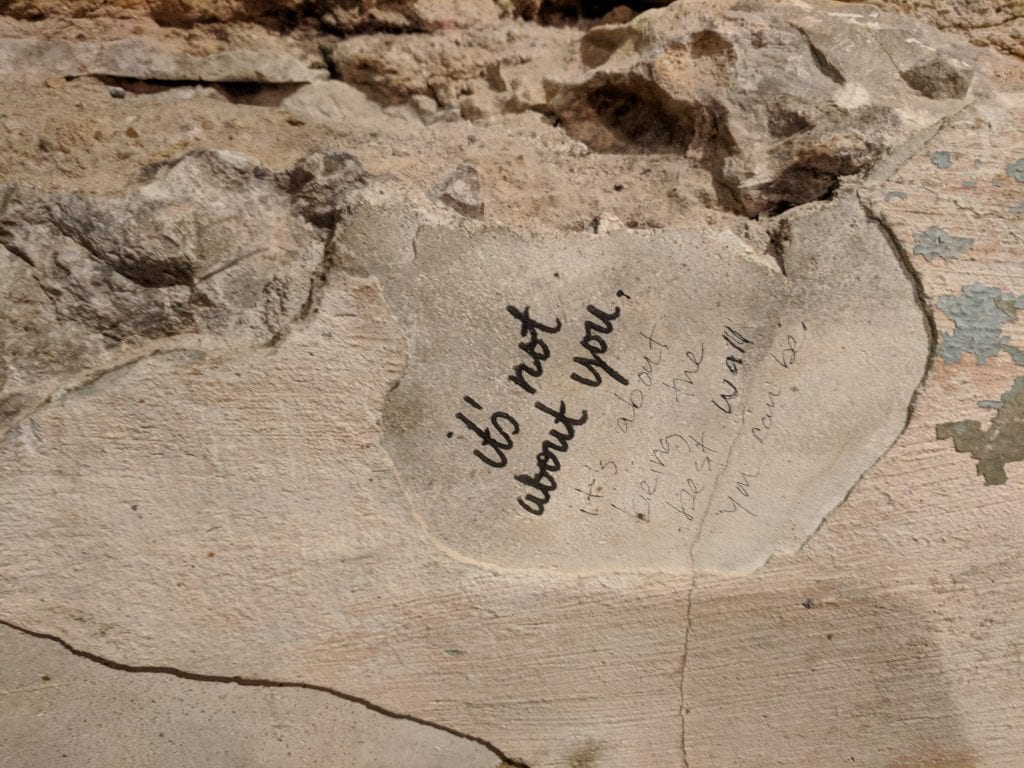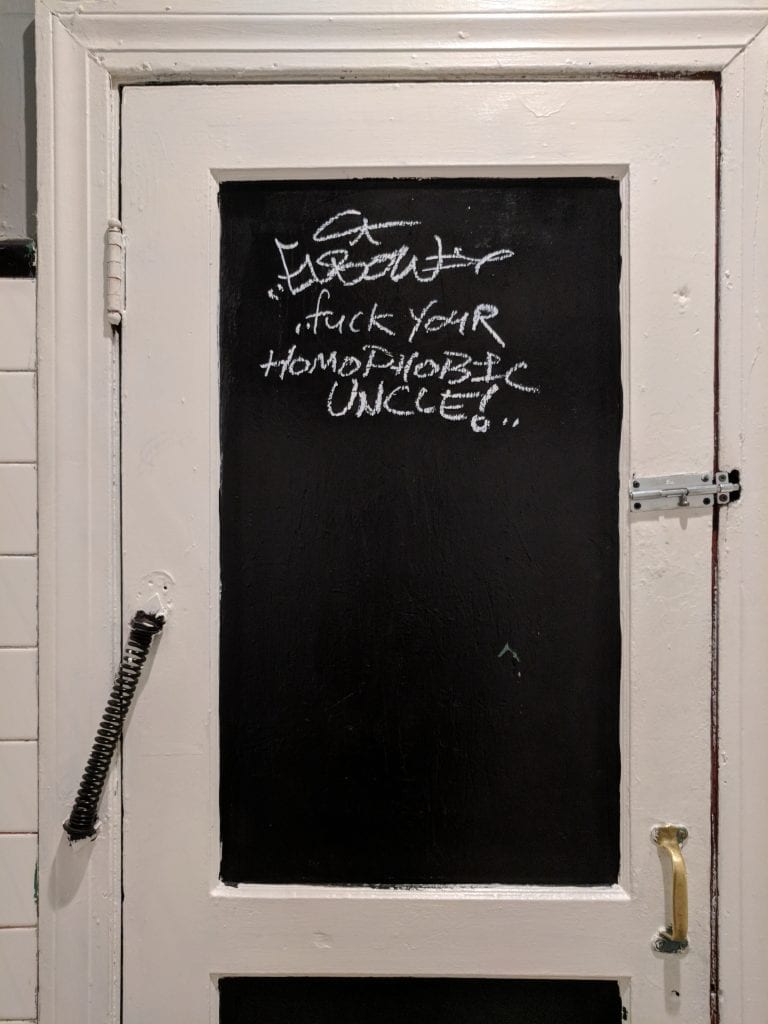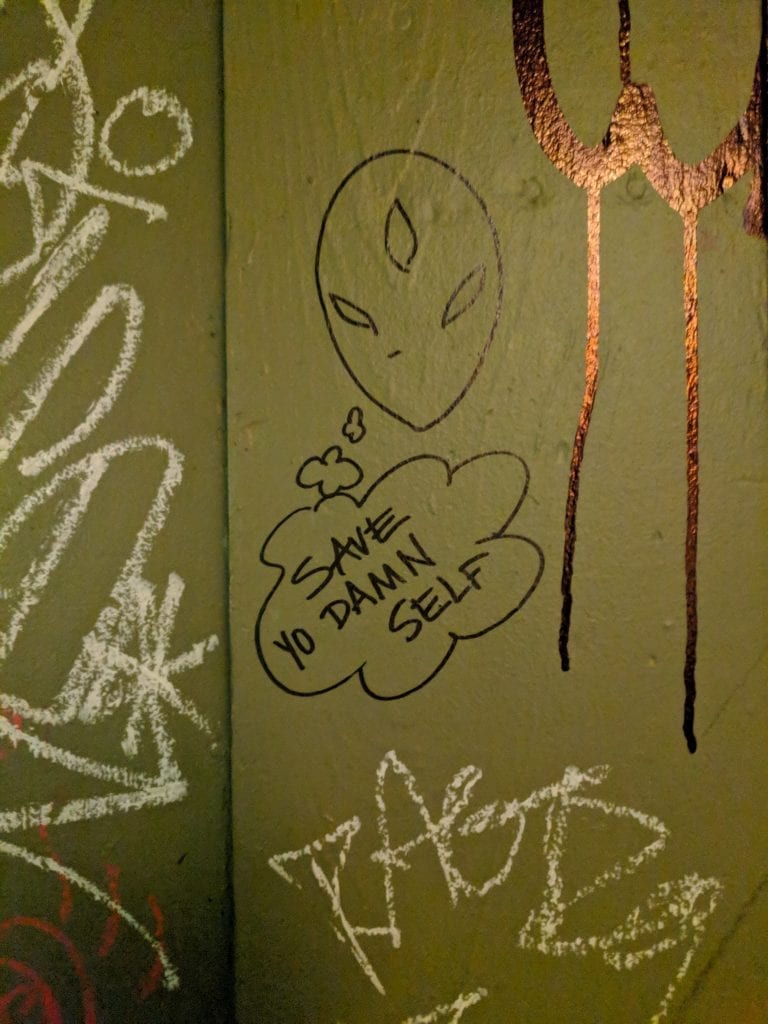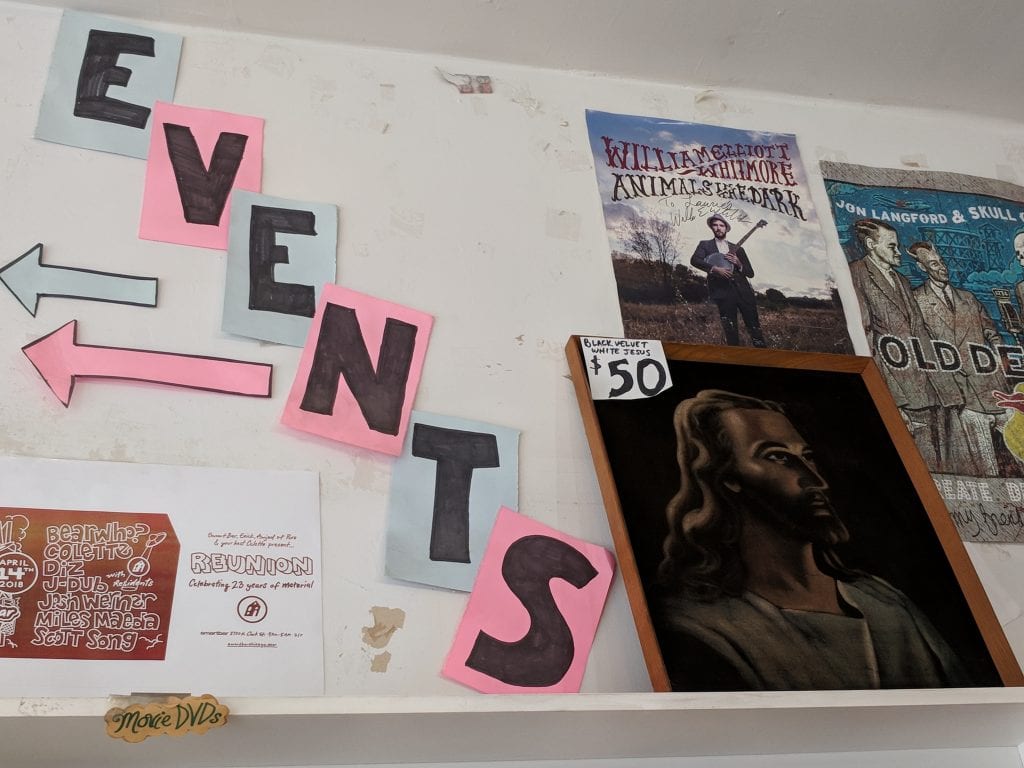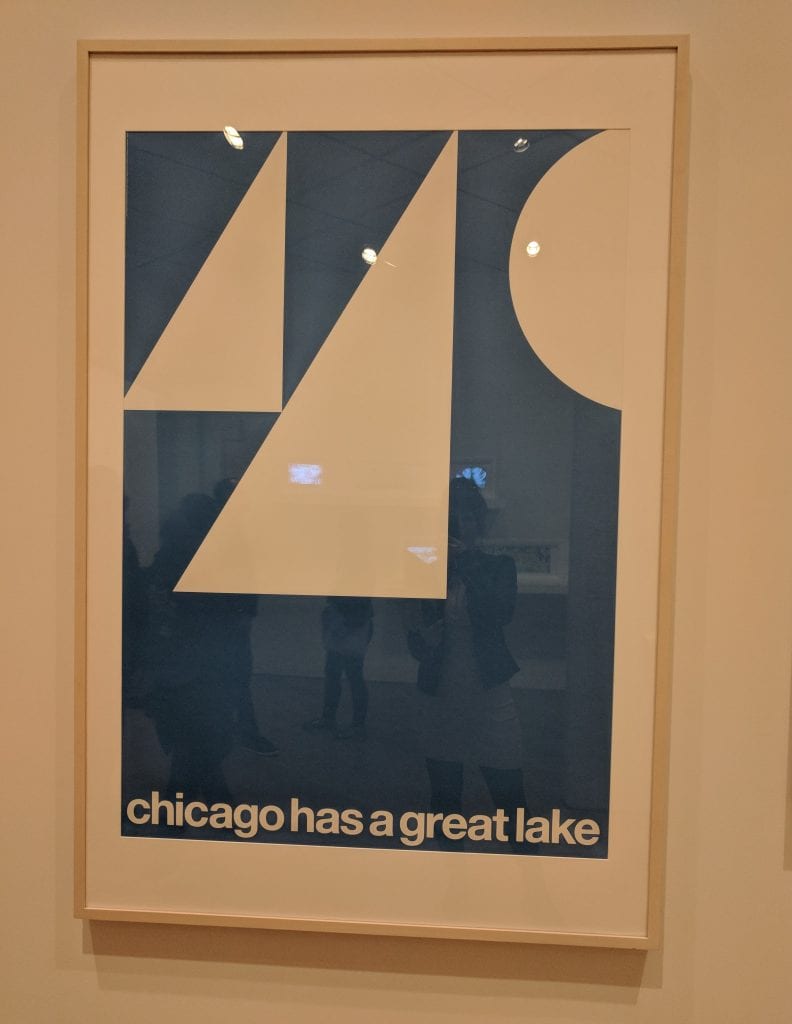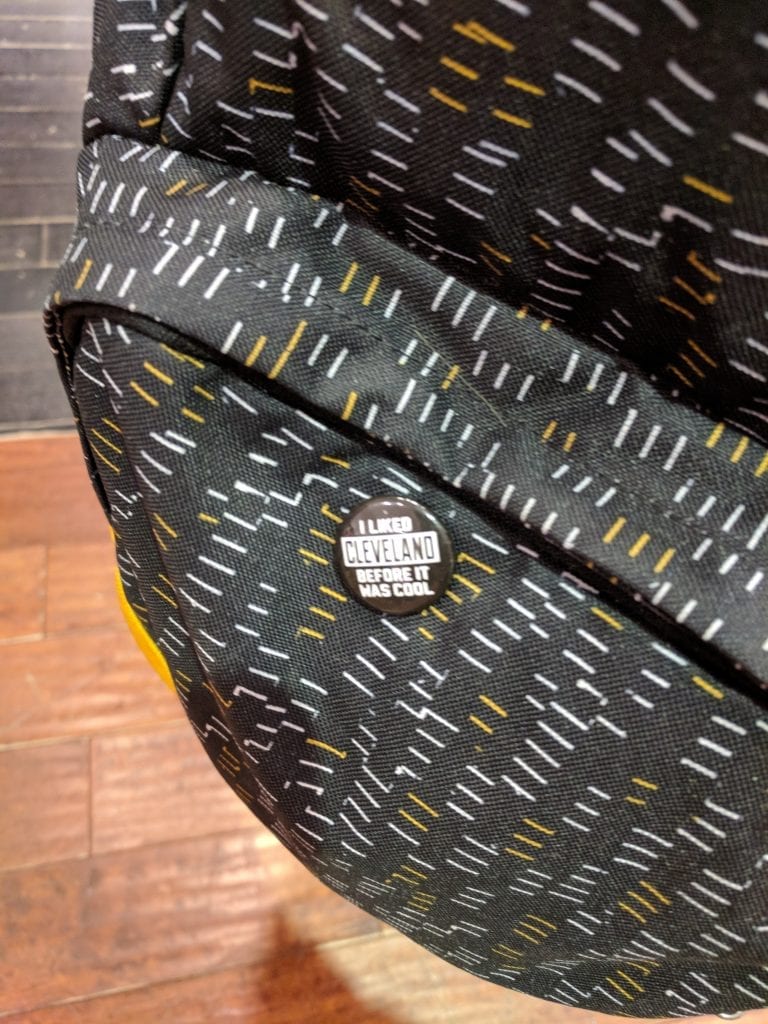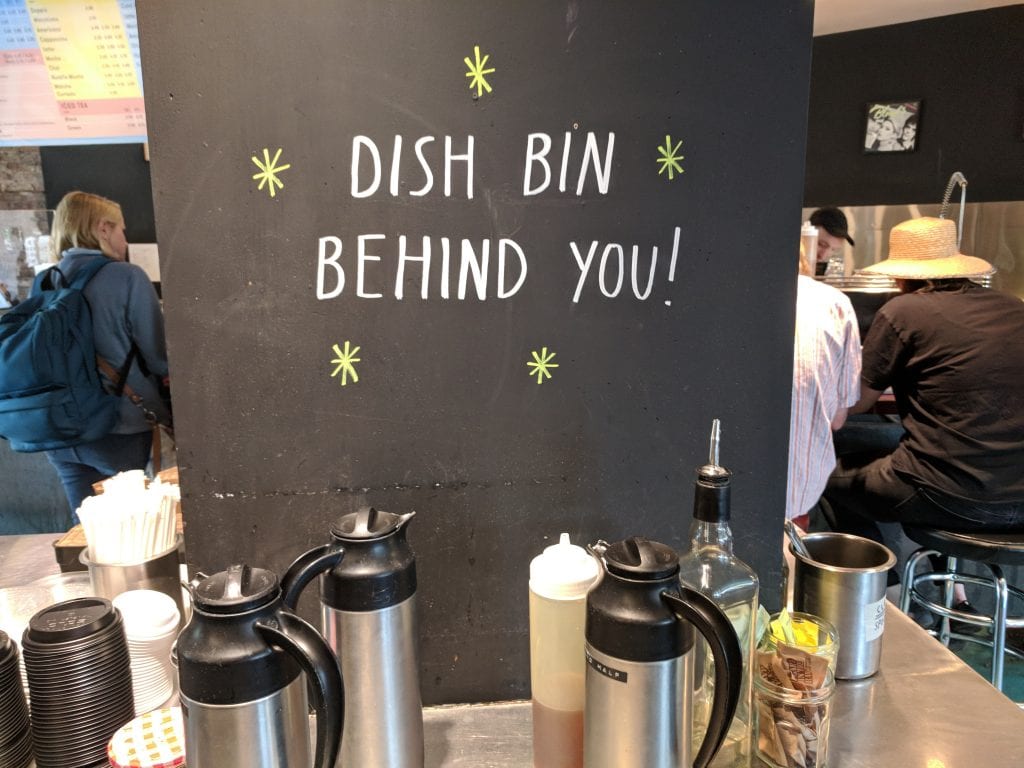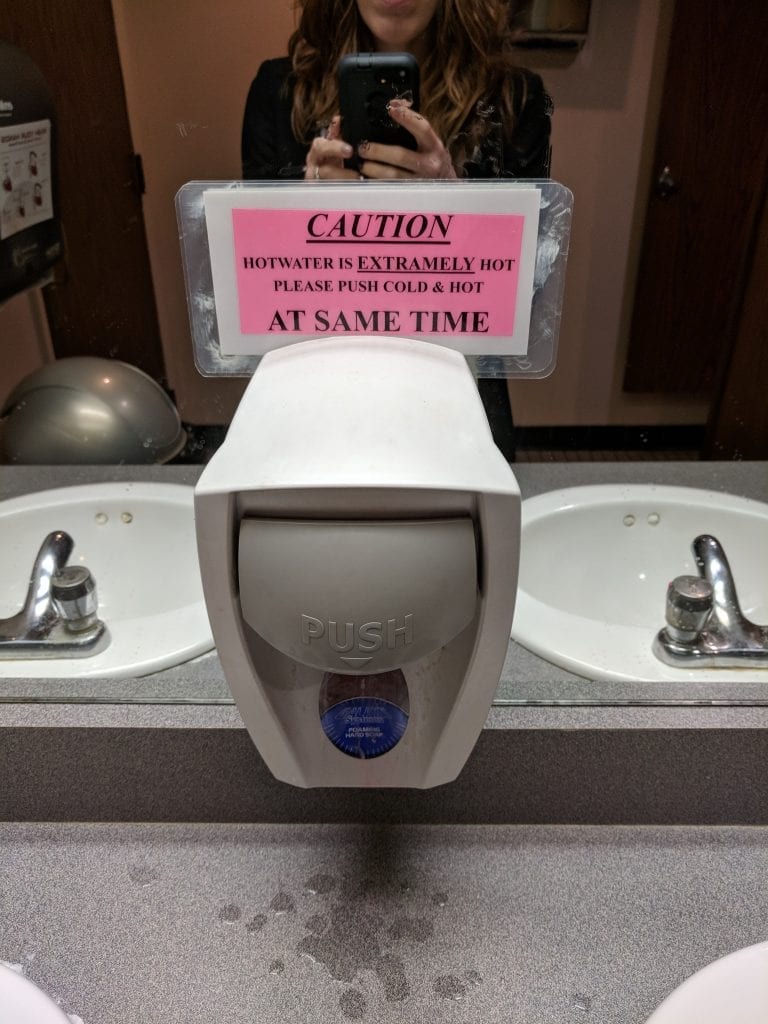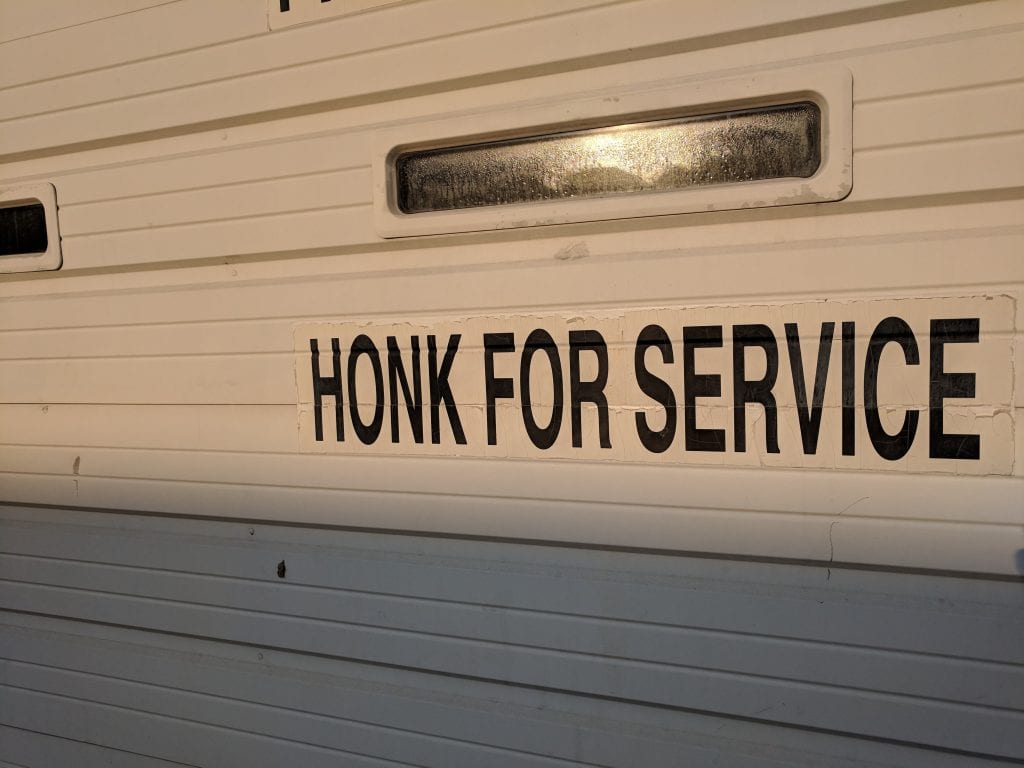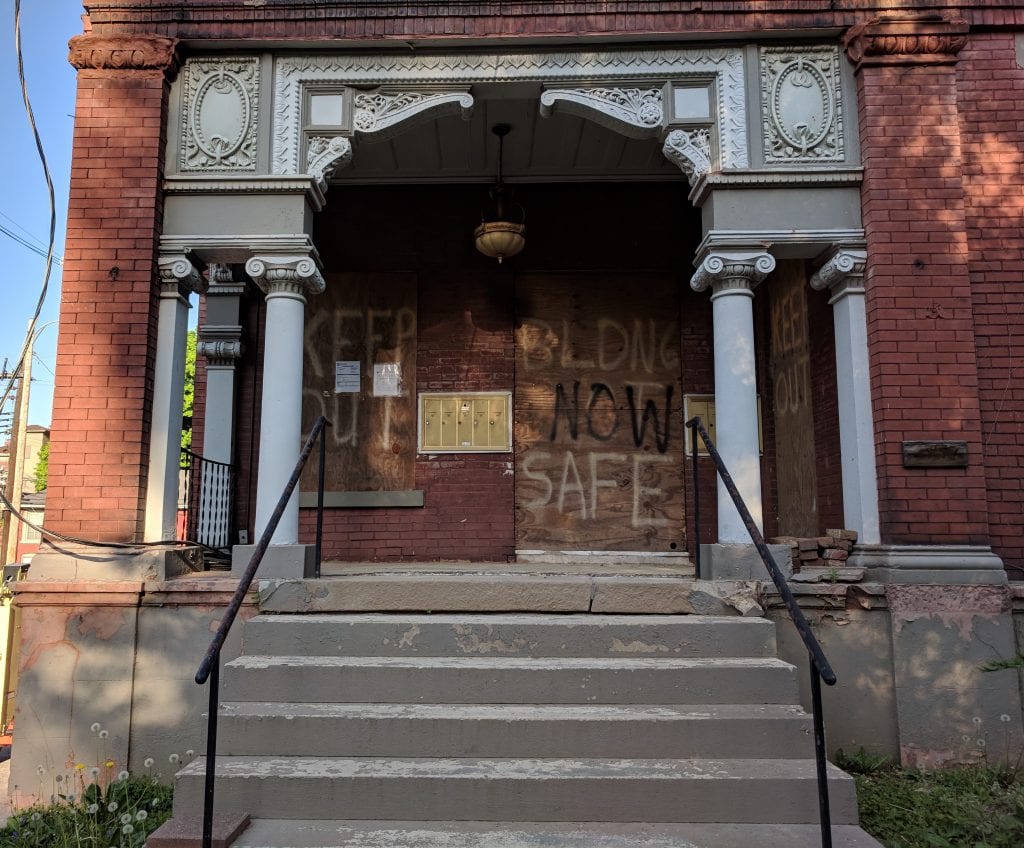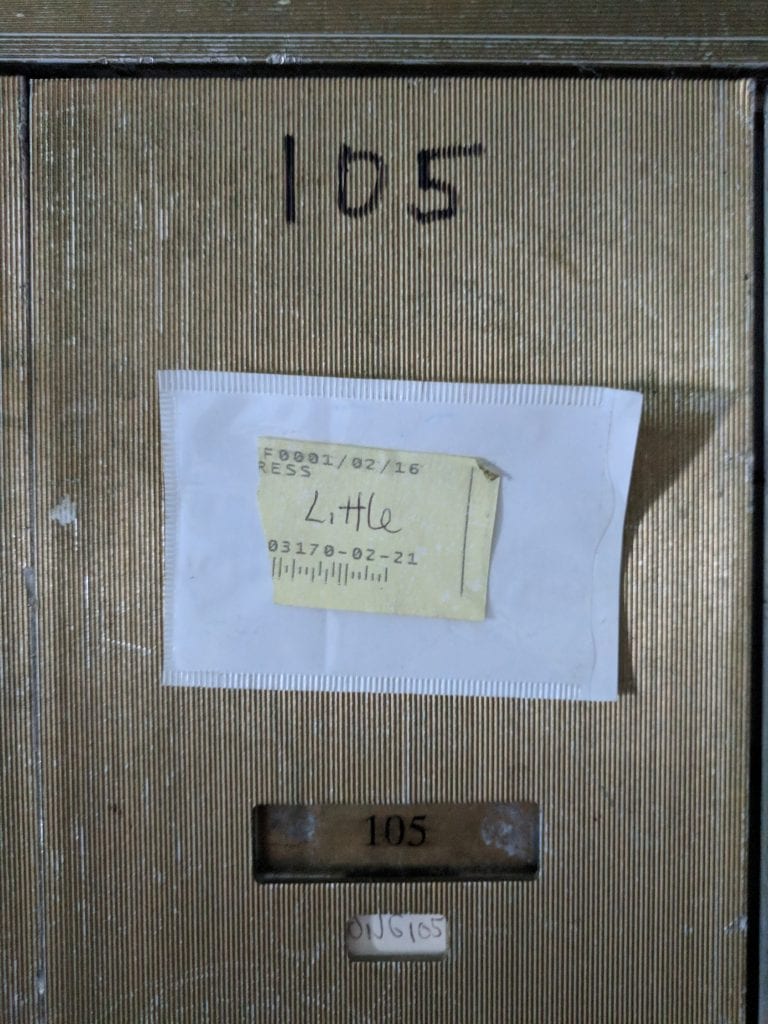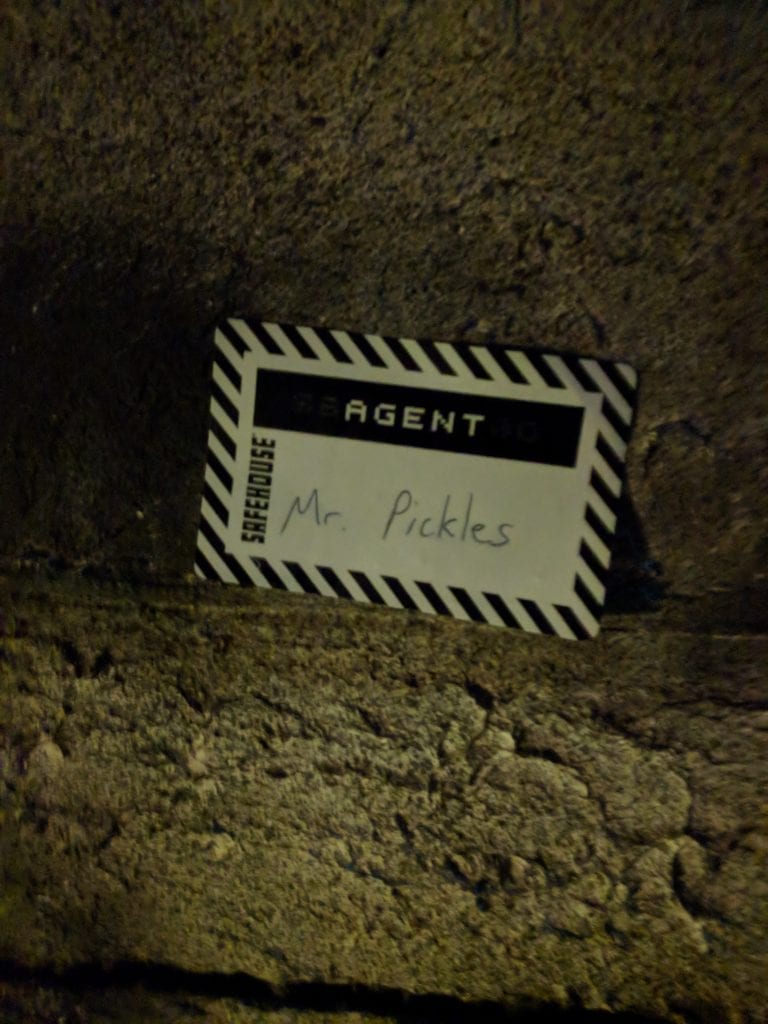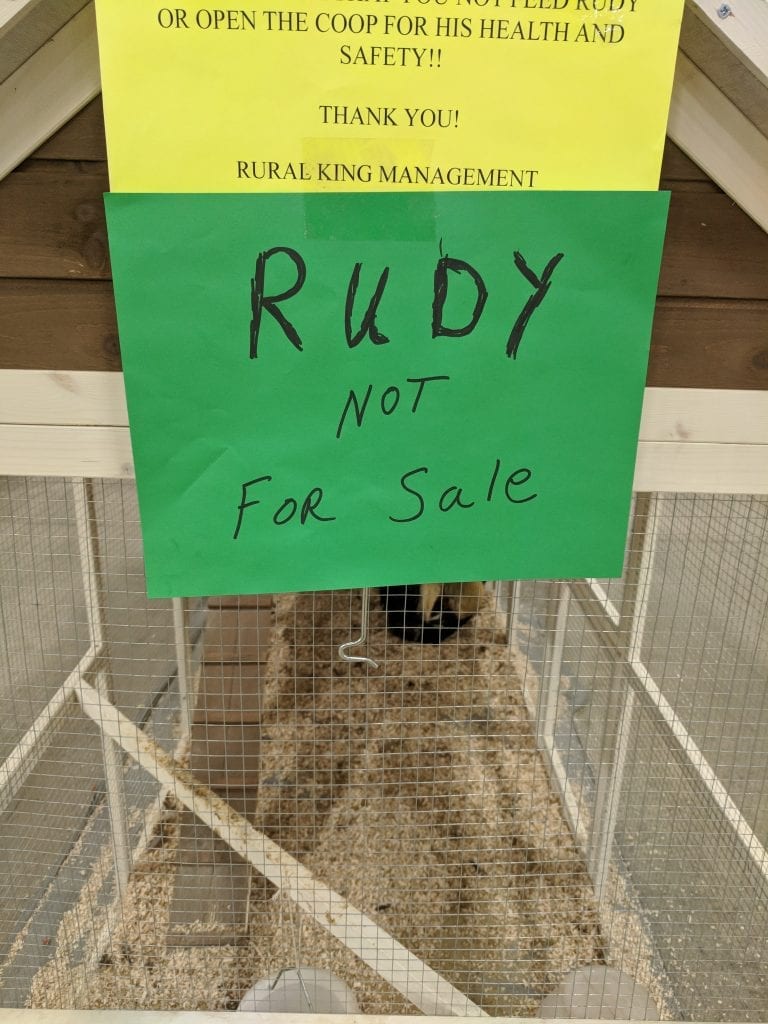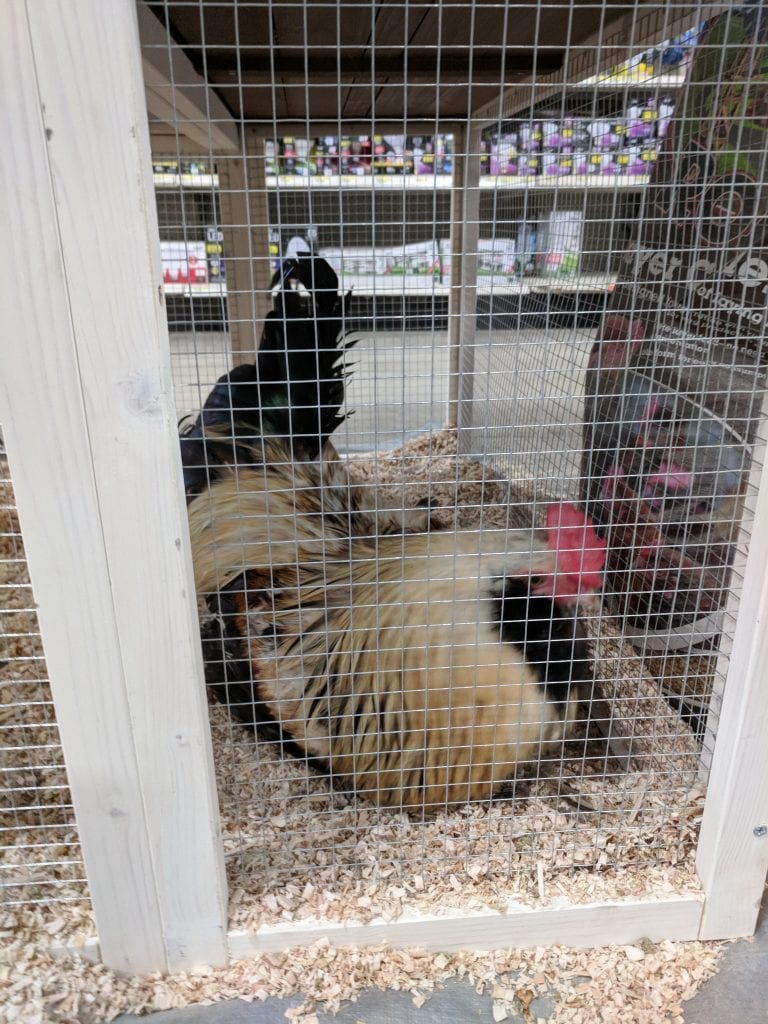I’ve been looking forward to this month all year for many reasons, not the least of which is the fact that Justin and I bought all our summer clothes in, like, March. We’ve been excited for summer.
Our New Year’s resolutions included going out more in our city when it’s nice outside and to spend more time together doing fun stuff. It’s not that we don’t spend a lot of time together, it’s just that sometimes, most of the time, life adds up and that free outdoor festival sounds like a monotonous, mountains-away drag when you can just nap in each other’s arms with the fan on at home. And just like that your life is a “16 There’s Still Time For You” song without a hint of irony.
We do watch a lot of TV together. Sometimes, most of the time, I’m reading while we do this. (Unless, of course, it’s an episode of “Dawson’s Creek,” which we’re re-watching from start to finish… If you’re looking for a hint of irony, you won’t find it. That show is like mysterious candy. Still. Even with the shitty new theme song.)
Fun fact: Theoretical physicist Carlo Rovelli—I learned this while reading—says time isn’t real and there are “actually no things at all. Instead, the universe is made up of countless events. Even what might seem like a thing—a stone, say—is really an event taking place at a rate we can’t register. The stone is in a continual state of transformation, and on a long enough timeline, even it is fleeting, destined to take on some other form.”
Cool cool cool.
Can I use that as an excuse next time I miss a deadline?
A few years ago at a backyard barbecue, a friend’s birthday party, one of the stoners, mid-bite of his veggie patty, told me that déjà vu is something we experience when we are in the exact place we should be. Like, the universes have aligned, man. I responded that I hadn’t had déjà vu in a long while and felt deathly depressed so perhaps he was on to something. Then we did some fire spitting and went home.
Even if time is a fluid human concept, there’s no denying the extent of which its very-very-realness impacts the lives of us non-physicists and/or potheads. It’s the great equalizer. The thing of which we never seem to have enough of, gently slipping through our well-worn fingers.
That’s why I’m also looking forward to this summer: I’ve been buying myself some time.
I’ve been working extra jobs since January in an effort to save up enough money to comfortably take this summer off from professional gigs to spend time on myself and my personal writing.
It’s my favorite aspect of freelancing—you decide how much work to take on, which means you can overload yourself to the point of exhaustion in order to reach the promised land of free time. When you freelance, you can be as successful or unsuccessful as you want, depending on how hard you’re willing to go.
The night before this all-hallowed summer season begins, I’m sitting in my apartment watching the national championship spelling bee. We meant to turn on the Cavs vs. Warriors game, but had the wrong station.
Have you ever watched a championship spelling bee before? On the screen are these perfectly precociously adorably brutal children being 1,000 times smarter than you despite the fact that you’ve got them beat by several decades during which you could have been studying the dictionary.
Nerds.
(Nerds I will happily freelance for one day when they run the world.)
Fun facts:
- Arrhostia is an evolutionary product or trend that appears to be more or less pathological, such as the immense size attained by certain dinosaurs.
- Kanone is a person who is an expert skier.
- Carmagnole is a lively song popular at the time of the first French Revolution.
- Soubresaut is a straight-legged jump from both feet with the toes pointed and feet together, one behind the other.
- All of the above are words 12-year-olds knew or almost knew how to spell. (RIP Enya.)
- Jackie Mantey still gets stuck spelling commitment. (Indeed, spell check just corrected that for me.)
It feels like just yesterday Justin and I were watching the Cavs play the Warriors at a nearby bar as Cleveland clinched its first championship in what felt like forever. It wasn’t yesterday, but it was two years ago.
Maybe I’ve been thinking about time so much because just like that, I’m 32, which is the age you officially start eye rolling 25-year-old Millennials blaming their ennui on a “quarter life crisis,” just like I did seven years ago. I’m such a Millennial, I Millennialed first, kids. Get off my rent controlled apartment’s avocado-strewn lawn.
Even LeBron “The GOAT and Still Smashing Records” James has been fielding questions from reporters about whether he feels his age will slow him down. He’s 33.
(Note: LeBron once felt a million years older than me, as did the characters on “Dawson’s Creek,” but, as I realized today after watching the jaunty little senior prank episode, I realized they were mere seniors in high school when I was a freshman. … See? Time. The great equalizer. Now we’re all just grief-stricken and stumbling and thoughtfully passive adults who can have reunion features in Vanity Fair.)
Truth is, I don’t give a shit about Roseanne being cancelled. And I watch “The Handmaid’s Tale” not because I think it’s important as a cautionary social justice horror story, I watch it because it’s cathartic. Seriously, watching June try to disassociate her mind from her body after being brought back to Gilead tapped into some deeply buried relate-ability. Growing up girl around people in power who condescendingly make you feel like your body is not your own, and with boys trained in this environment to treat you like shit, your mind can start to do the same thing. (I know it’s not the same as being raped systematically after being kidnapped, but we also don’t have intergalactic battles but empathize with and see ourselves in Luke Skywalker, so let a girl have her indulgences, OK?)
But most of the trauma I’ve experienced in my life happened to me a long time ago. Time (and sobriety) has healed its residual wounds and I’ve found ways to demand better—from men in my life and society as a whole. I, in essence, feel in control of myself and my reactions. I feel like I can help others going through the same thing and I try to, which is half of the healing process anyway.
So now, I’m living in the flow state of life’s ebb and flow. Things are moving forward but mostly I feel as if I’m waiting. For what? Can I really just not enjoy the peace? Do I always have to be on the lookout for what’s next? Is that a survival technique?
Or have I been conditioned to do this? To move so fast? Haven’t we all?
Apropos, here’s something else I recently read.
It’s a passage from Henry Kissinger’s article in this month’s Atlantic about human society being unprepared for the rise of artificial intelligence. Titled “How the Enlightenment Ends.” Yikes.
He writes, “Inundated via social media with the opinions of multitudes, users are diverted from introspection; in truth, many technophiles use the internet to avoid the solitude they dread. All of these pressures weaken the fortitude required to develop and sustain convictions that can be implemented only by traveling a lonely road, which is the essence of creativity.”
He has a point here. (Honestly, this was one of the few points I could understand in his essay, which is why I will not be running for president in 2020 and neither should you. We all need to just hold on to our tits and wait for those spelling bee kids to graduate from Yale.) But it seems reductive for me to blame all my dread about time’s passage on social media’s speed.
Markers of time: Reading google reviews of cereals to find the one that contains the least amount of sugar and the most amount of fiber but doesn’t taste like cardboard that’s been sitting in the puddle behind the Dumpster. (Check.) Walking the long way around the park as to avoid the packs of primal high schoolers spraying pheromones in each other’s direction. (Check.) Hating social media but knowing it’s not so black and white an issue/ experience as to sign off of it entirely. (Check check check.)
If everything, as the mad physicist says, is in a constant state of transformation, what is happening to me during this unspectacular time?
You know what I think might be contributing to my worry about time, too? The fact that I feel really good right now. So good, in fact, that 1) I have nothing else dramatic with which to soak up my brain cells, so left to their own devices they plan ahead, and 2) I wonder why I don’t have more of the things I want in my life yet. Where’s the house, the couch, the baby, the book, the MFA?
See, this is why I can’t truly hate Kim K. It’s so human—steadfast transformers that we are—to want more than what we have, despite having just earned some incredible things we wanted for a long time (i.e. a wonderful and supportive relationship, Chicago residency, stable work-from-home/ work-from-anywhere/ choose-your-own-adventure lifestyle, sobriety).
Trying to balance ambition with the gift, the privilege, of living in the present is tough.
The best Pinterest wisdom I’ve found about defeating jealousy, which can often drive our ambition, is the imperative to not compare yourself to others and instead compare your current self to who you were yesterday. With that in mind, I’m my life’s god damn Karthik “Commitment” Nemmani. (Winner of the 2018 national championship spelling bee. And actually he won spelling “koinonia,” which means Christian fellowship or communion. Congratulations, Karthik. I’m totally not j-e-a-l-o-u-s.)
So far, my best life advice is to always check the store-bought strawberries for mold before popping one into your mouth (a lesson hard won by experience) and to remember this too shall pass, even the calm and especially the time.
It just that ugh, sometimes, most the time, the waiting fucking sucks.
It’s only when life’s ebbs start nudging you in the gut again or throwing you upside down, head first, seatbelt off, into the next roller coaster ride of your life, that you appreciate how nice, soothing even!, it was to just stand in line.
As I write this, I realize I’ve had a lot of déjà vu recently, which could mean I’m exactly where I need to be. That’s a nice thought. Too nice though. Instead, this is the though I’m more likely to when I experience when déjà vu strikes: WHY IS MY BRAIN REMEMBERING THIS SEEMINGLY UNIMPORTANT MOMENT OF ME EATING MY FIBER RICH BREAKFAST? IS SOMEONE ABOUT TO DIE??
As the Cavs and Warriors went the locker room for half time, Justin and I looked at each other. We had planned to go out to a bar to get some food and watch the second half of the game. But our mutual look said that sounded like not as much fun as it sounded five hours ago.
We ended up staying in. After all, we have all summer.
